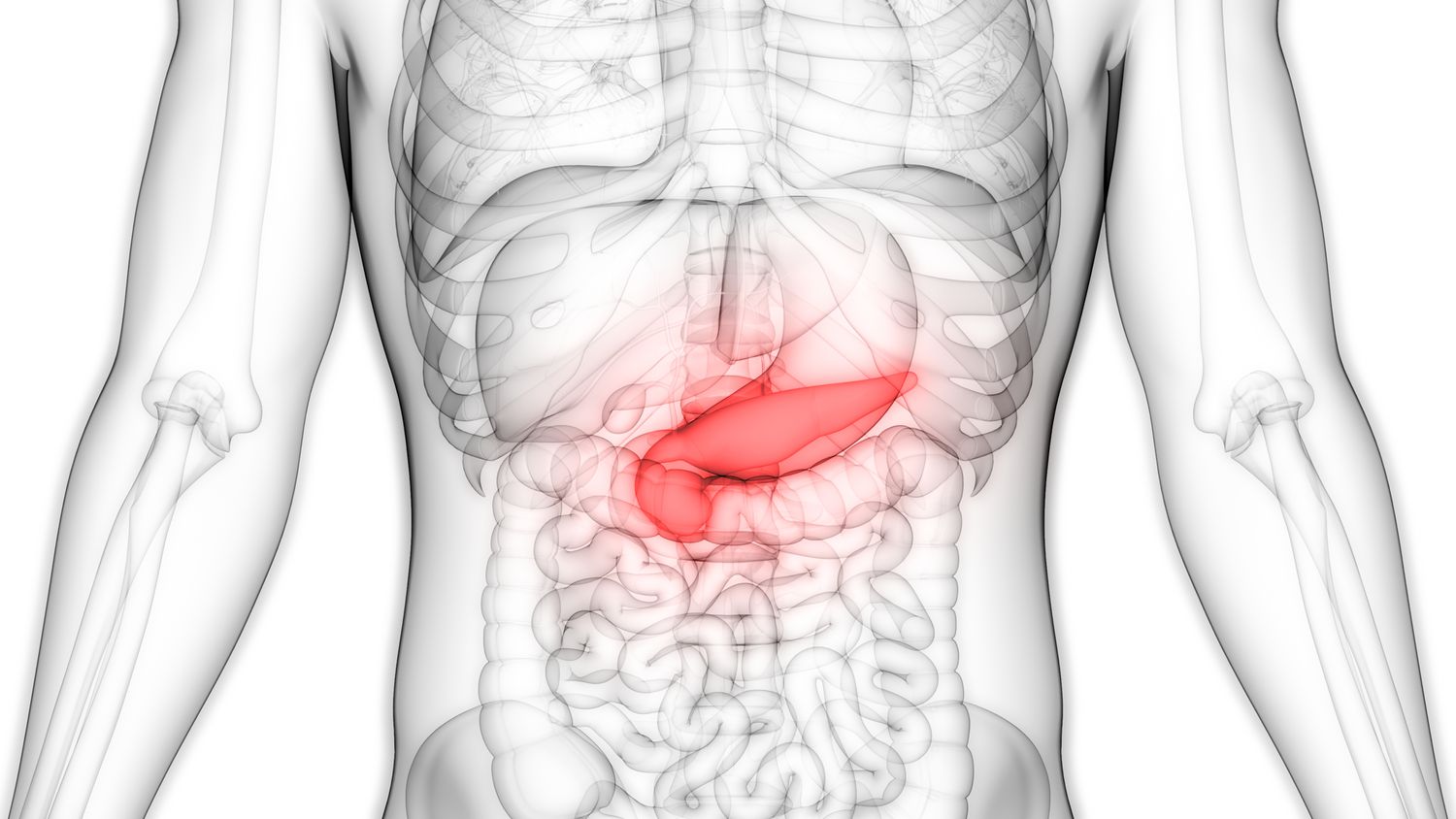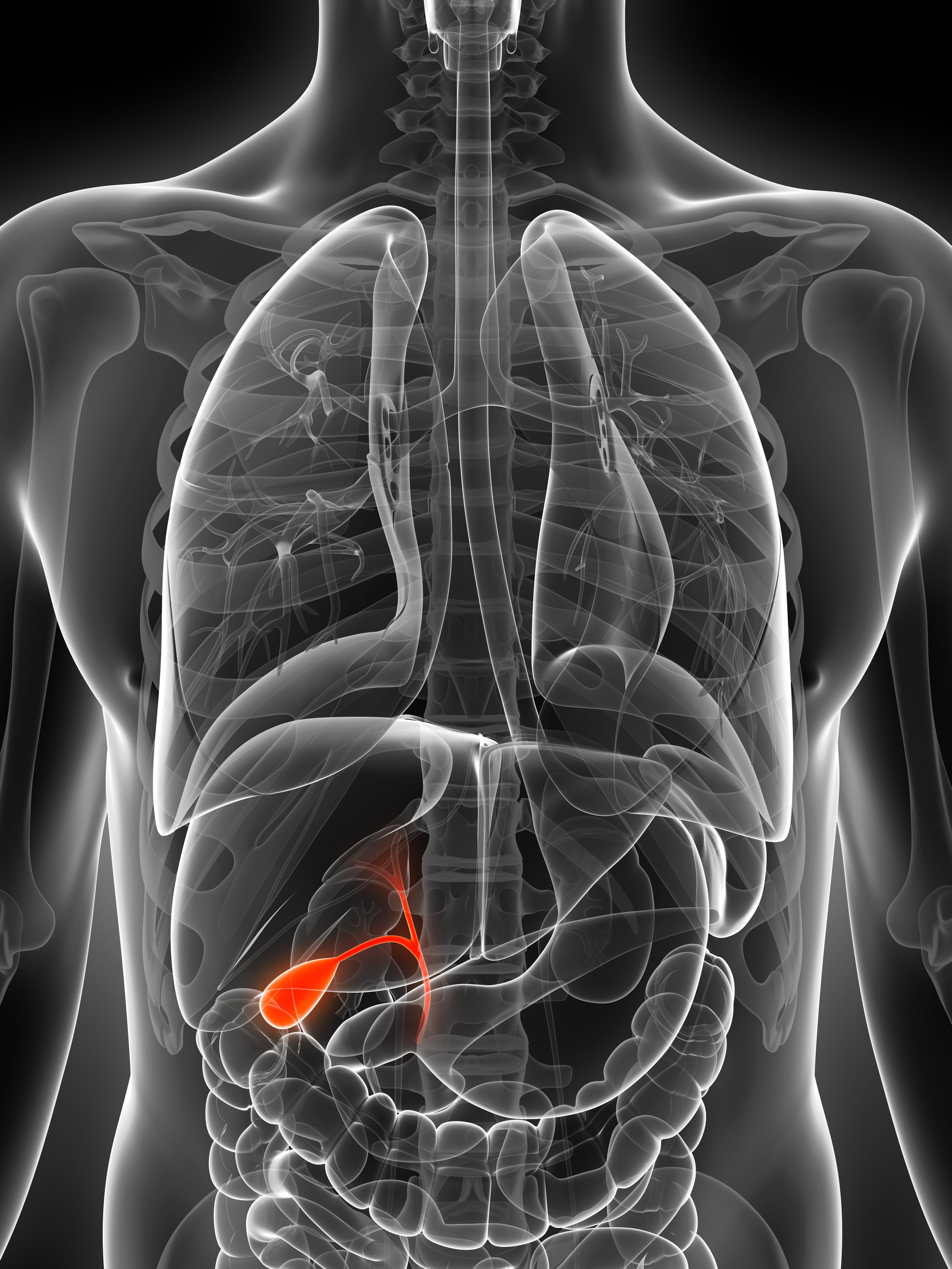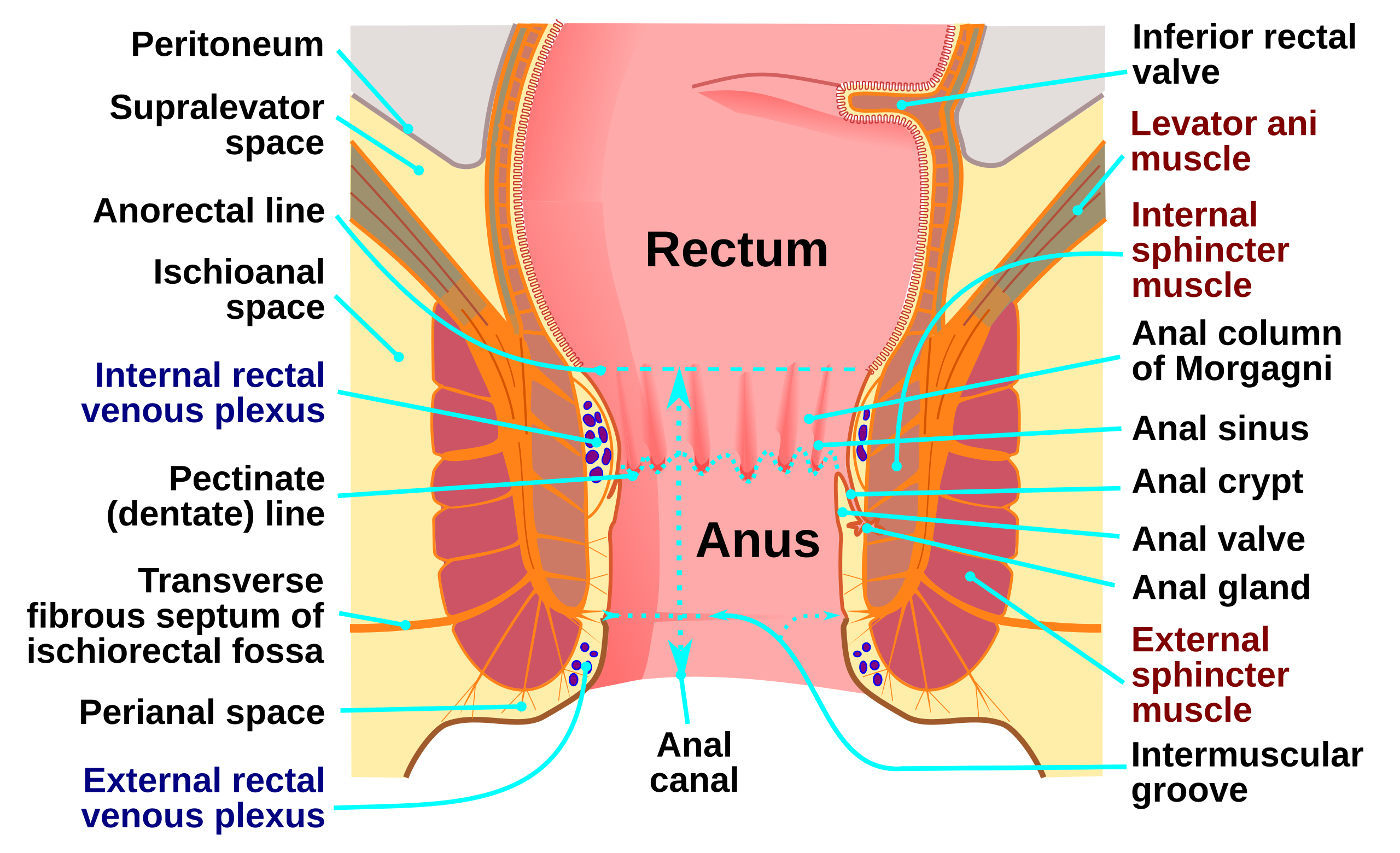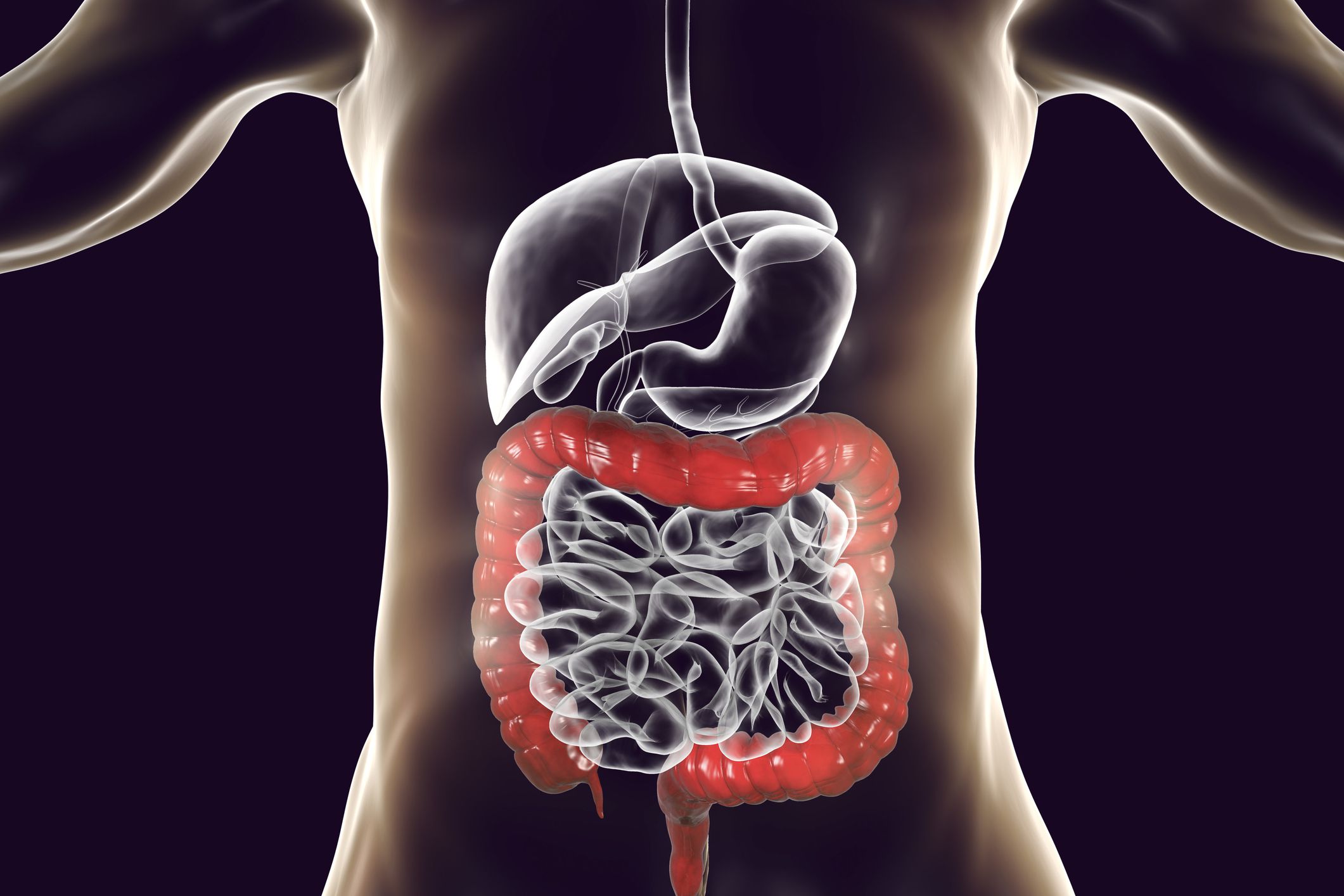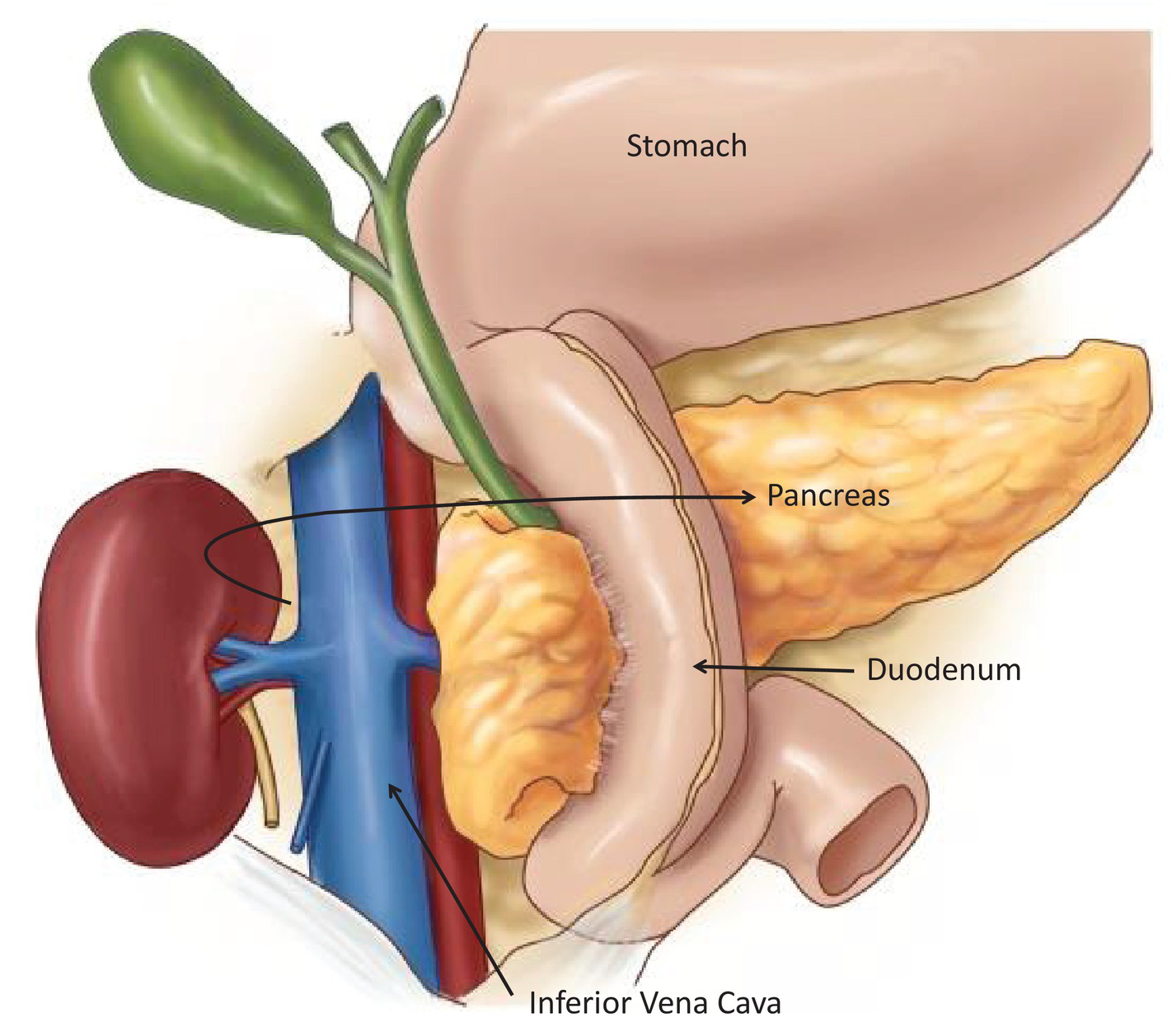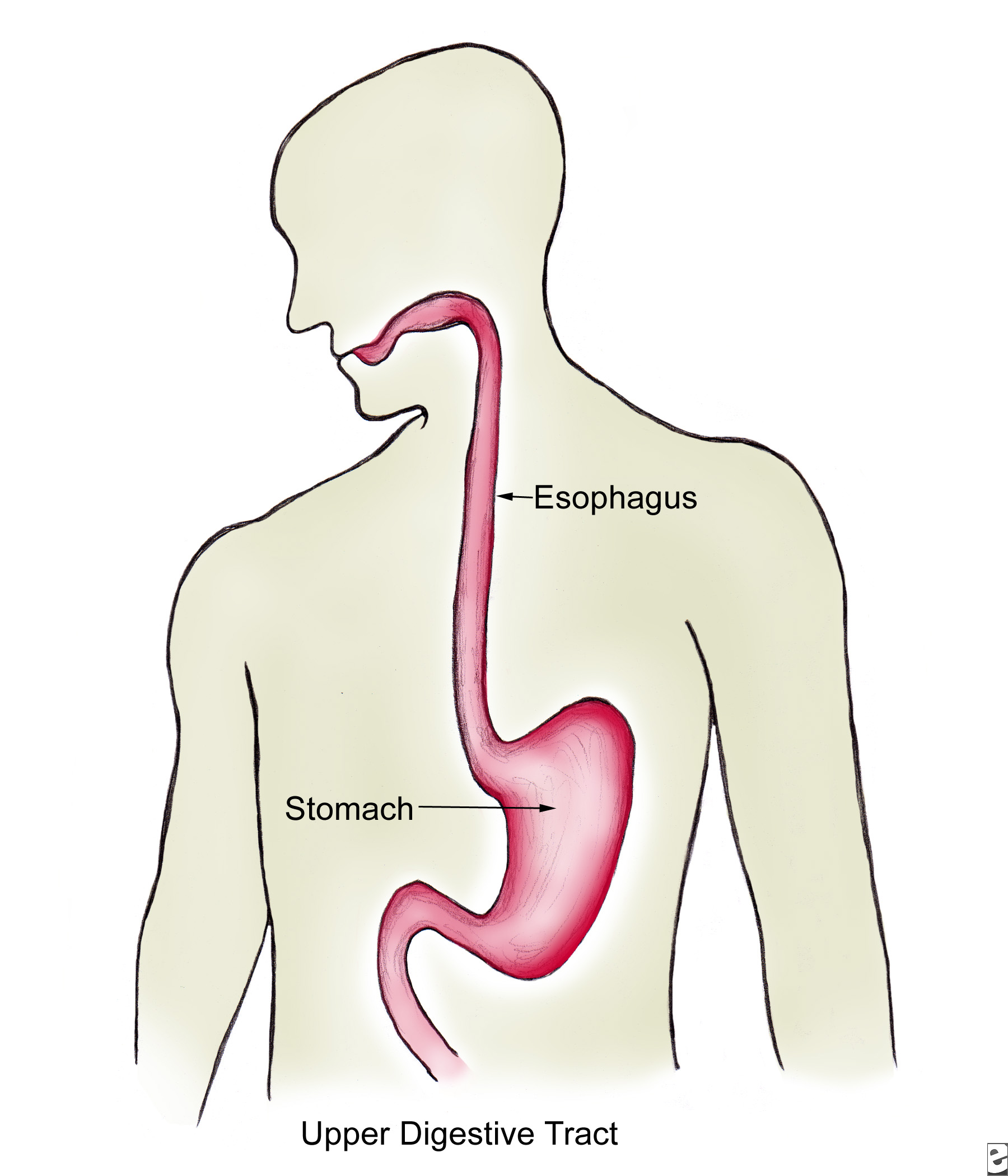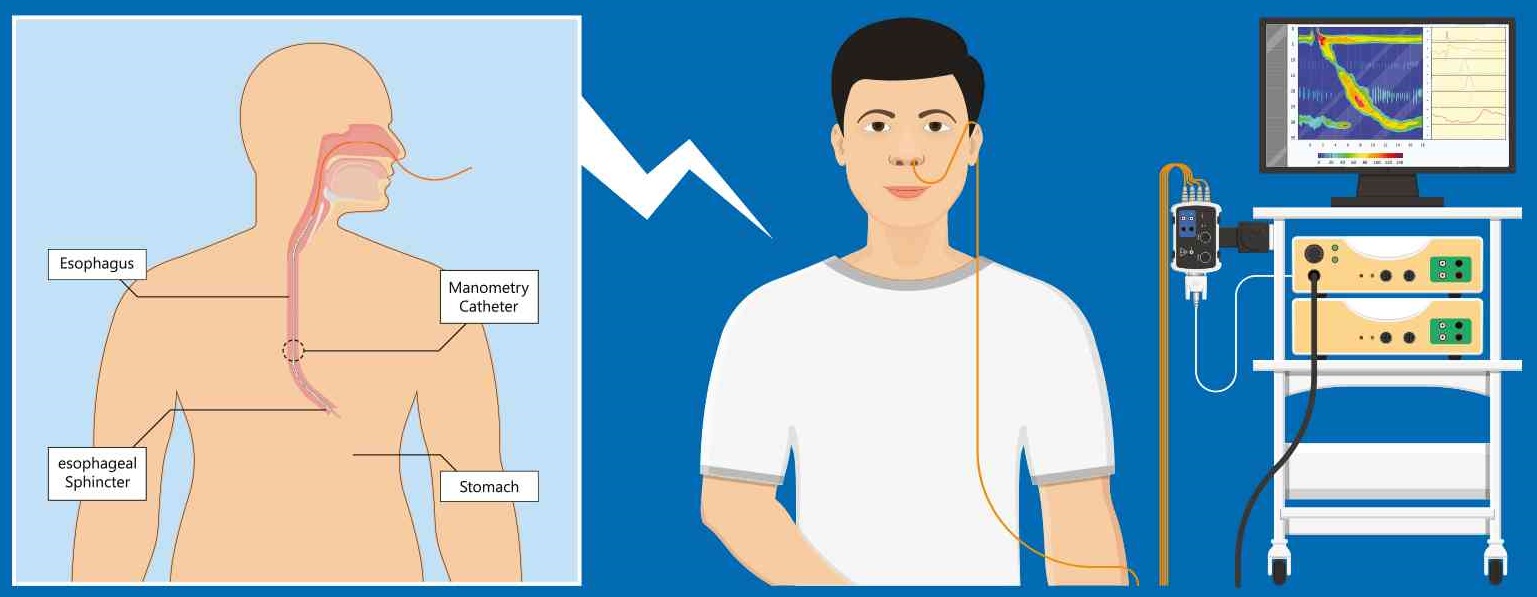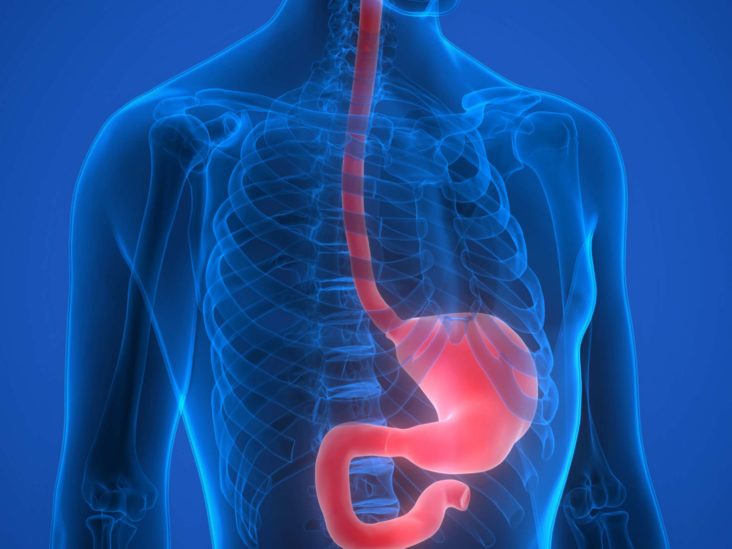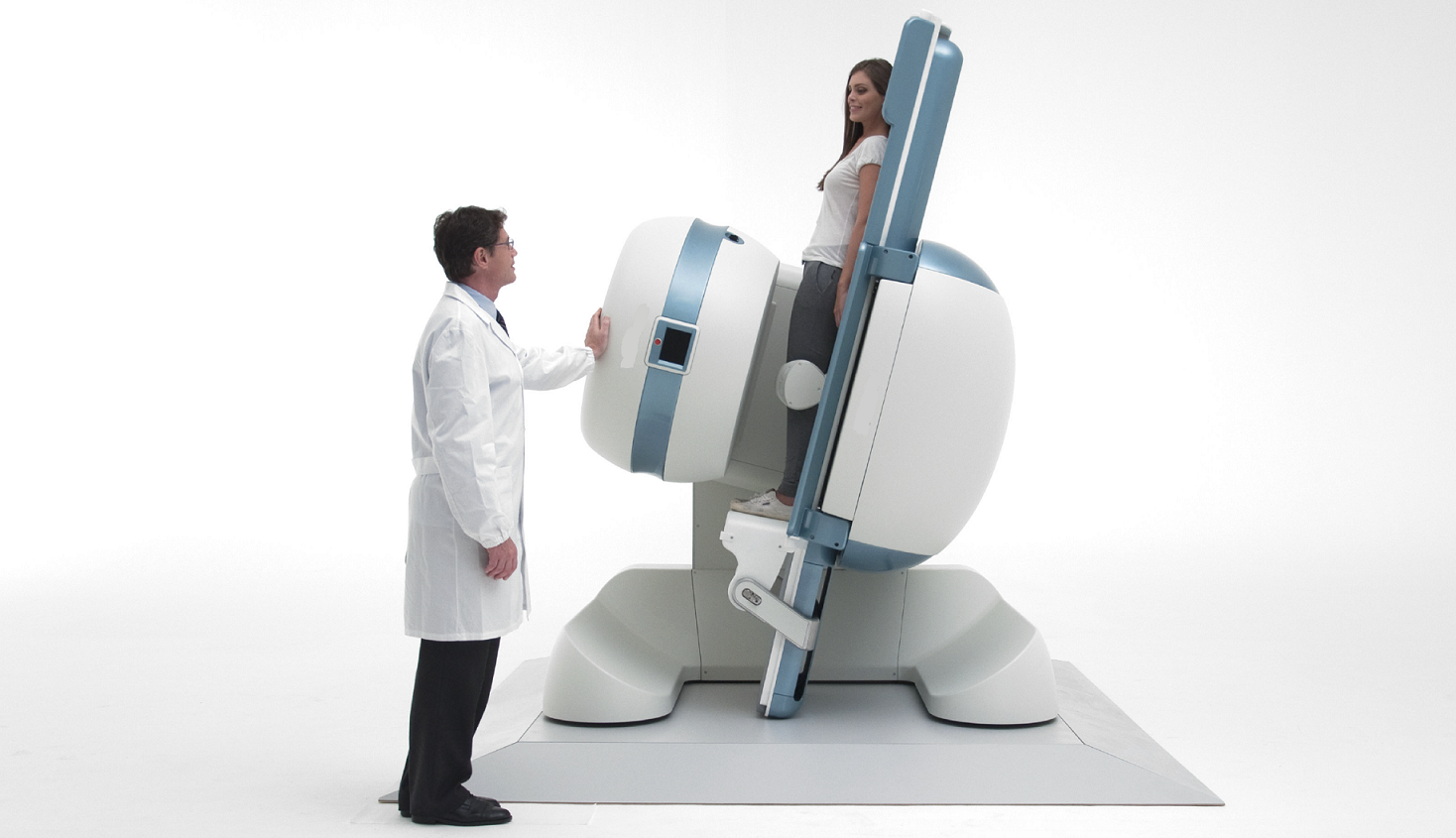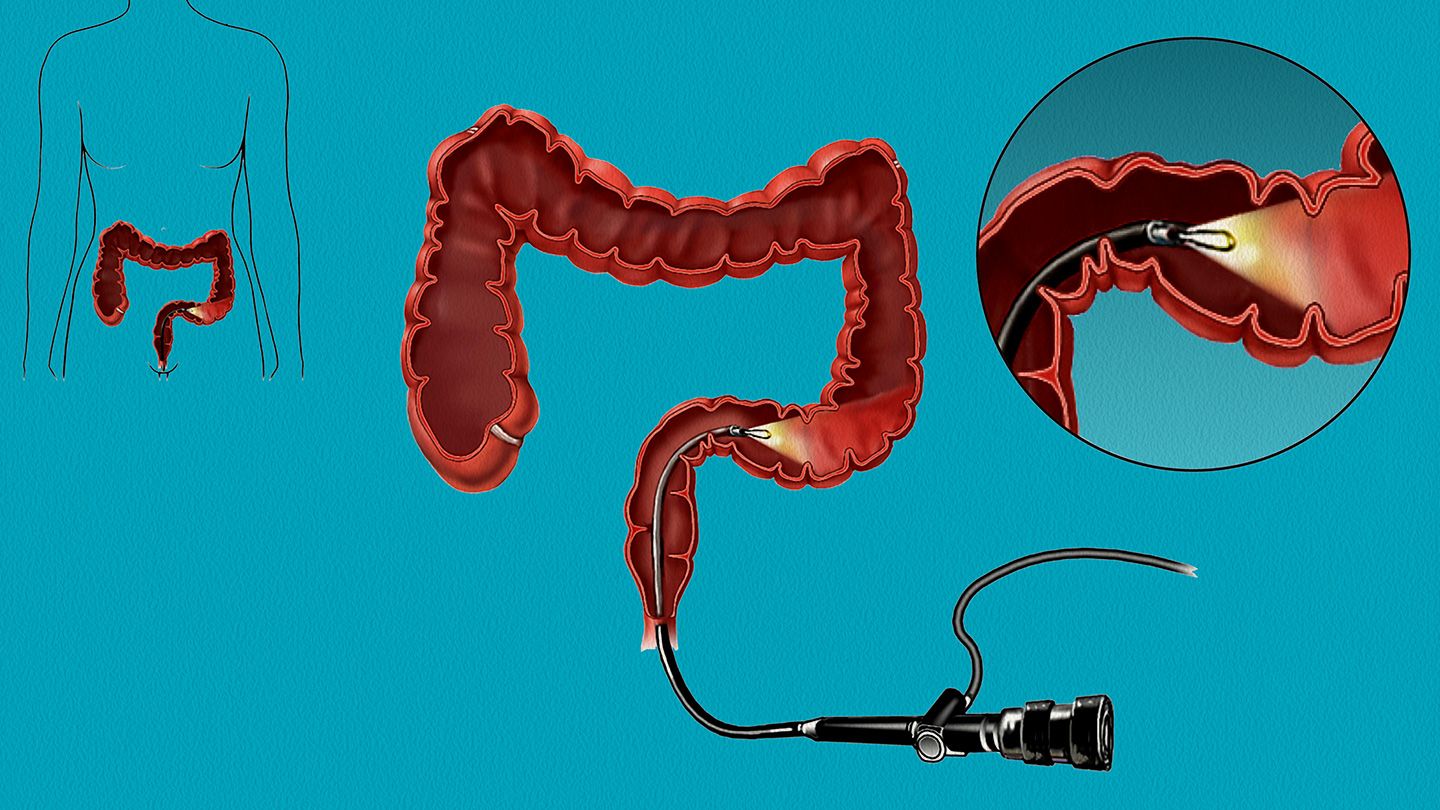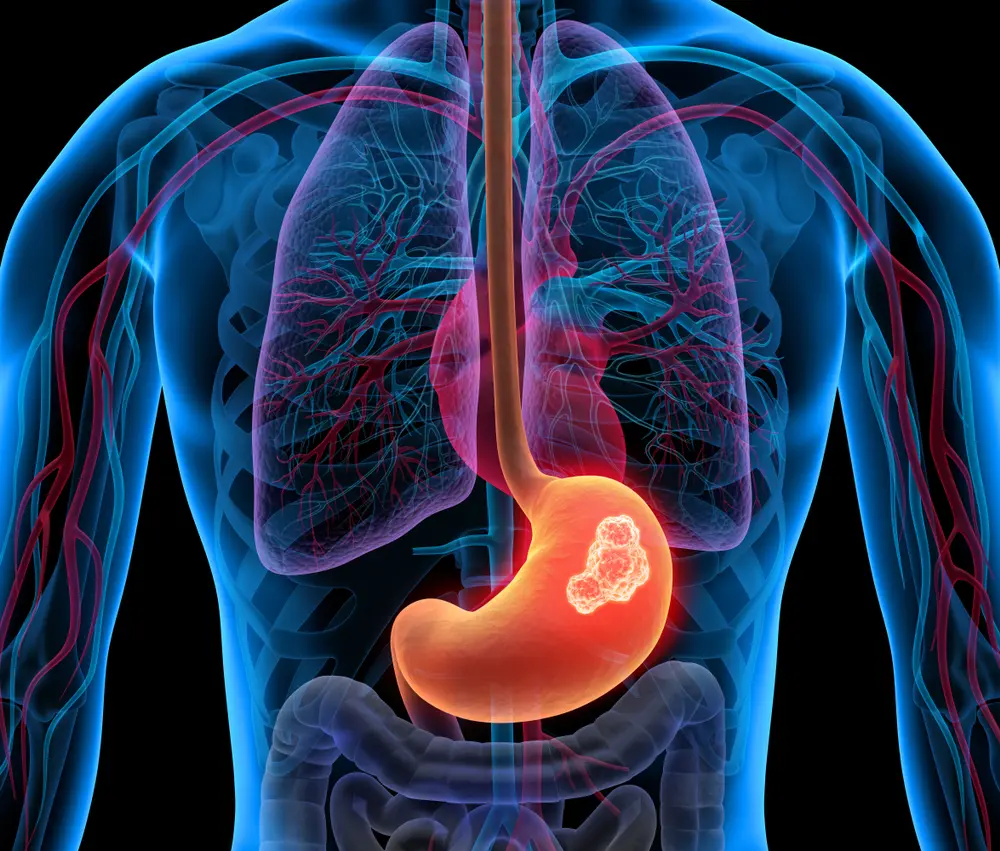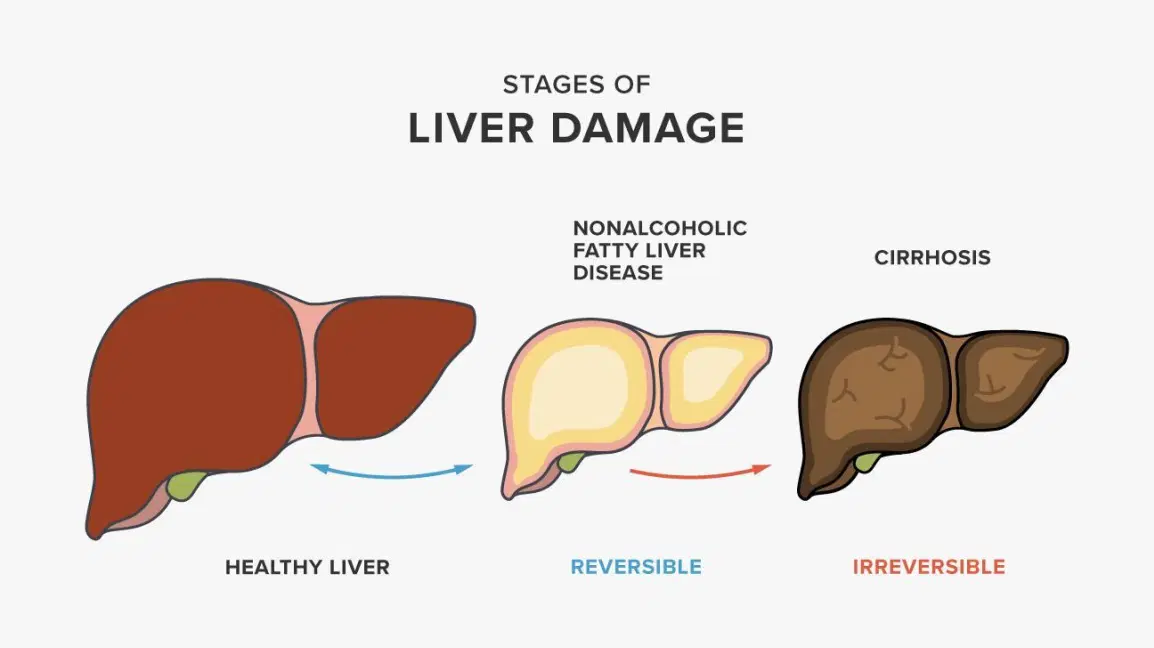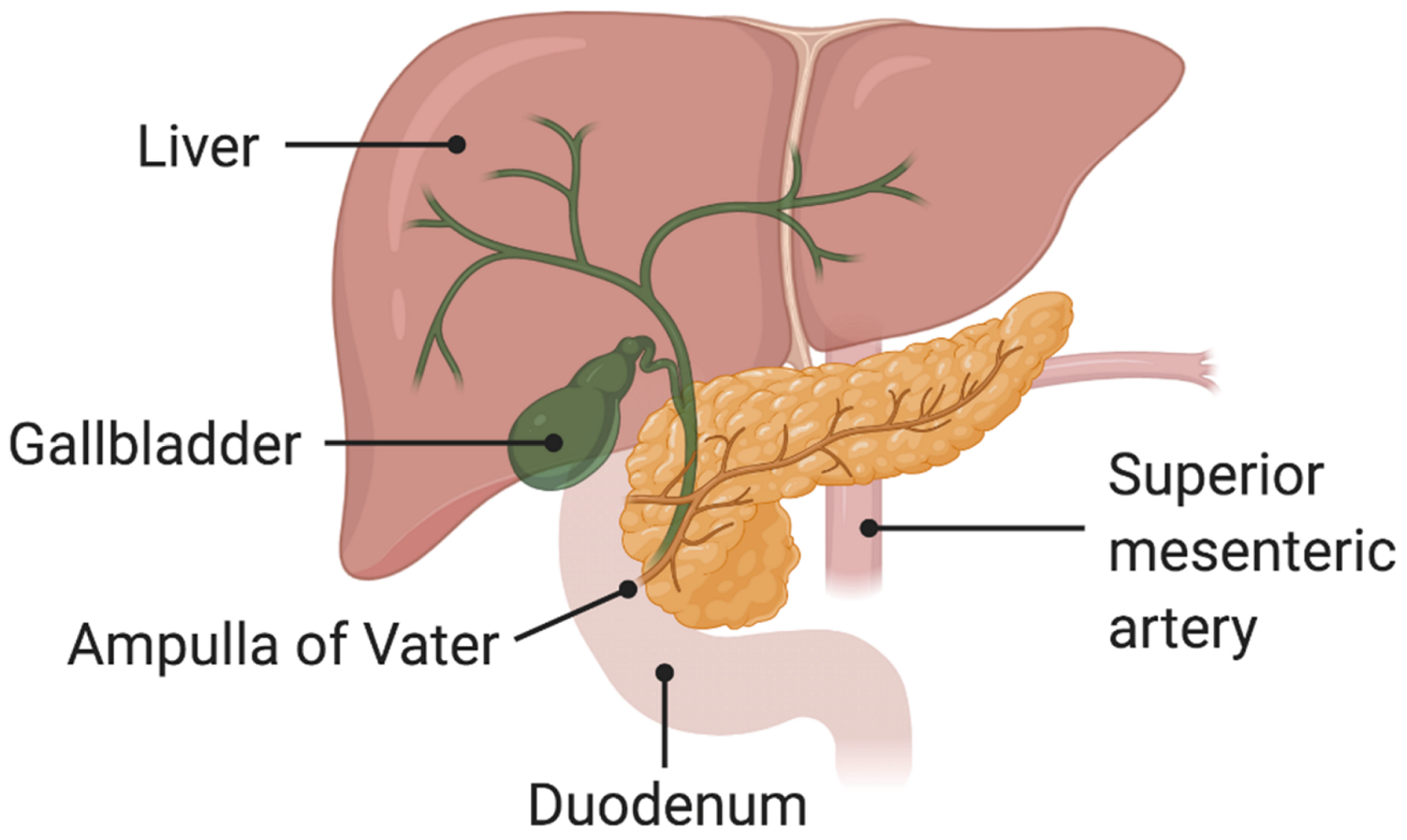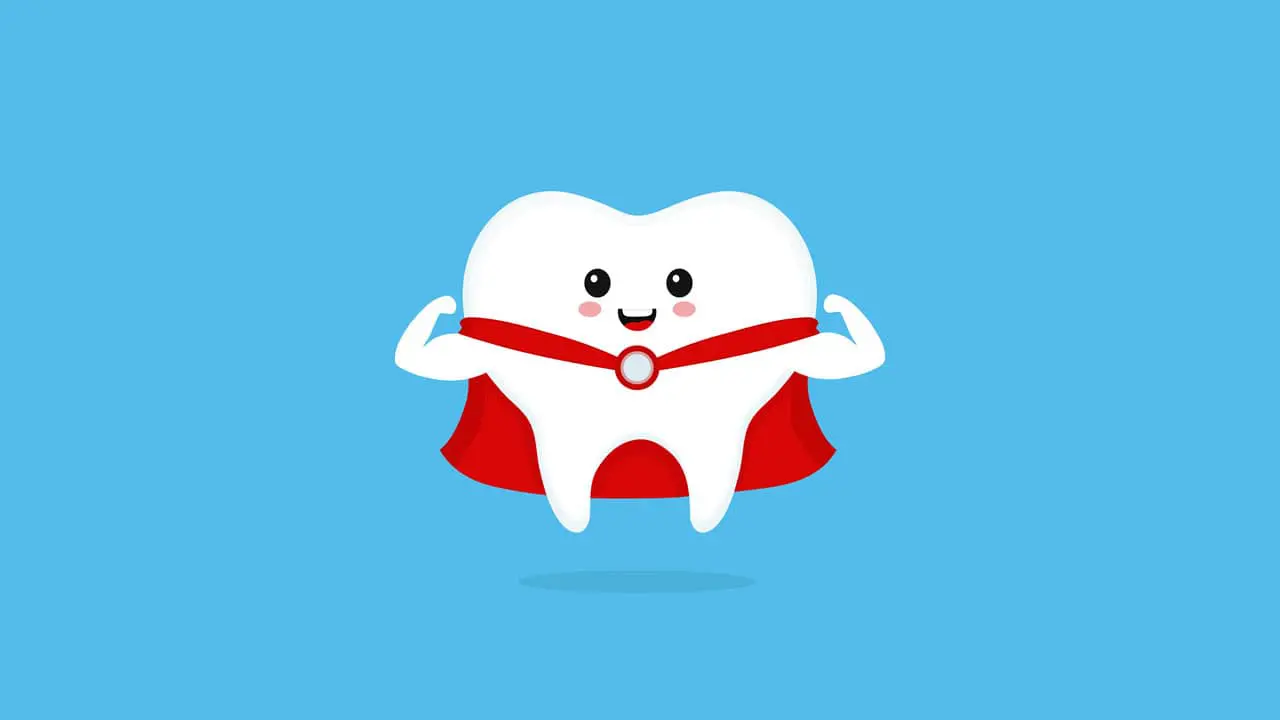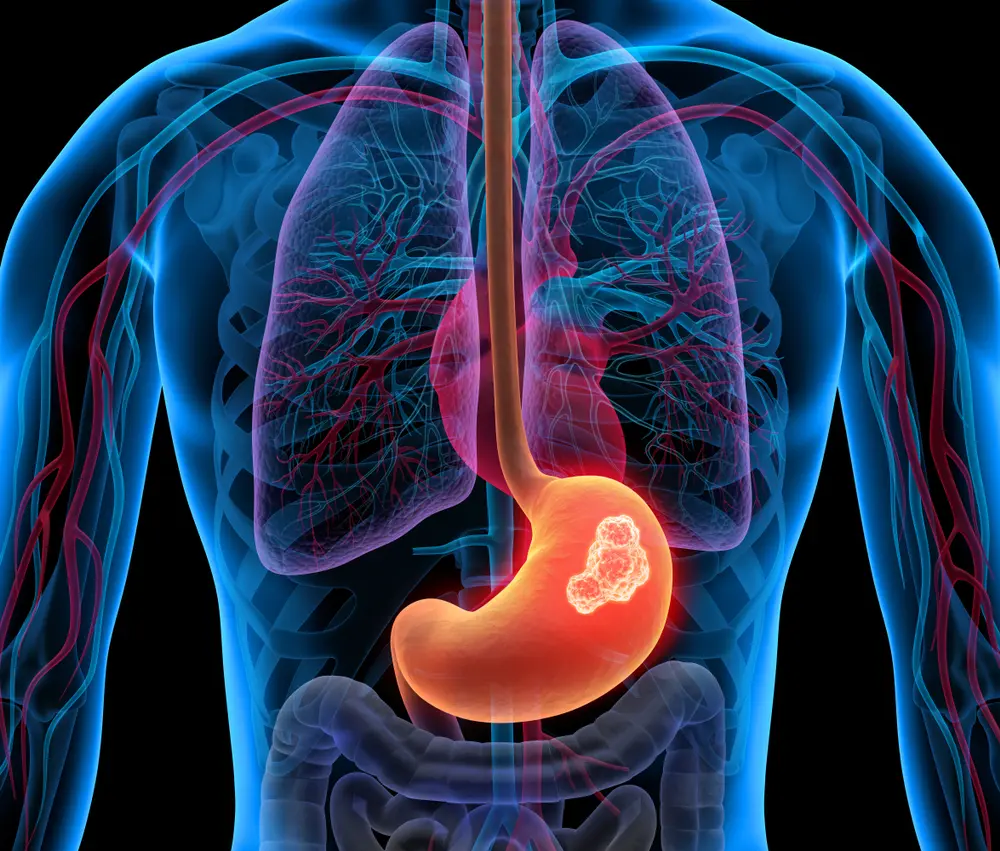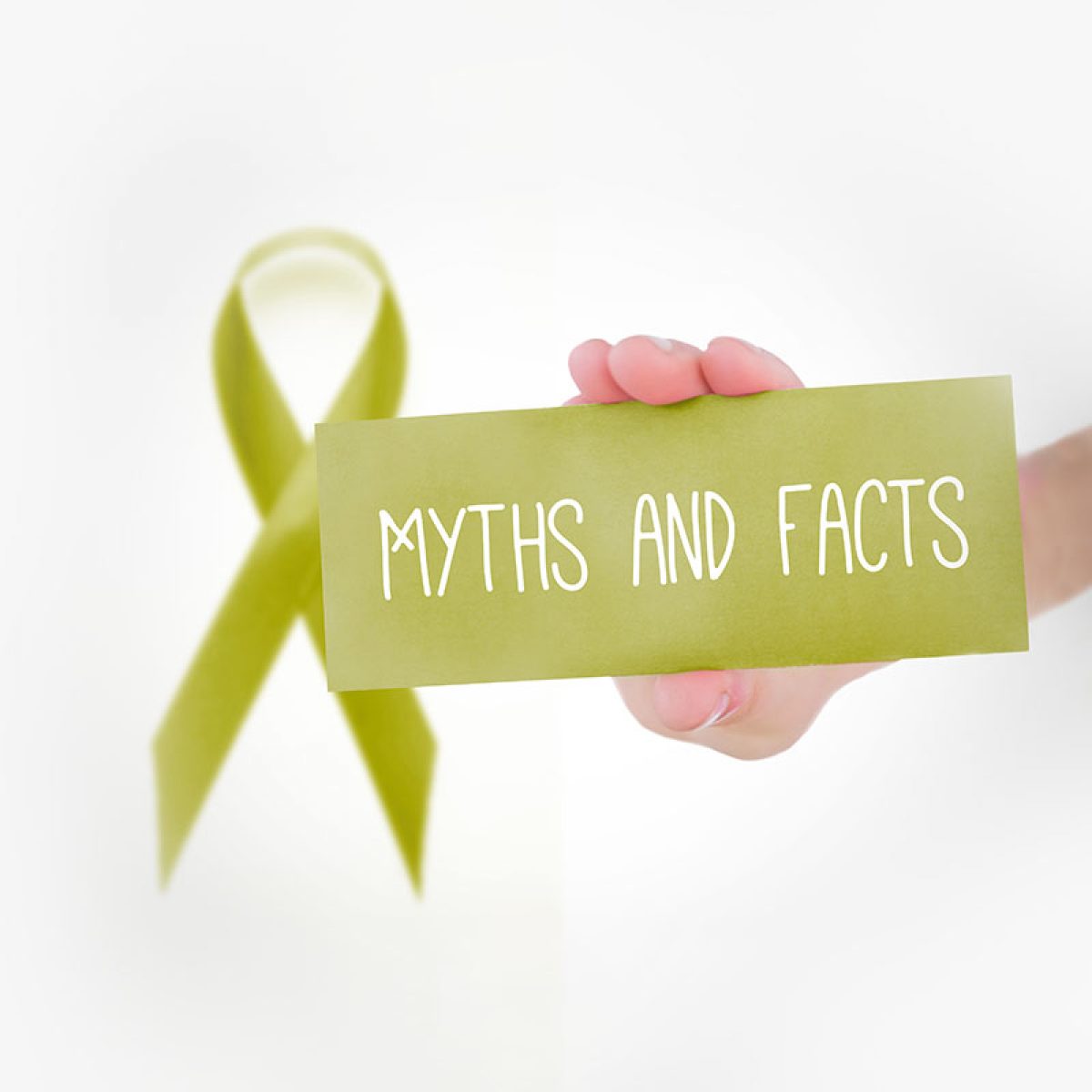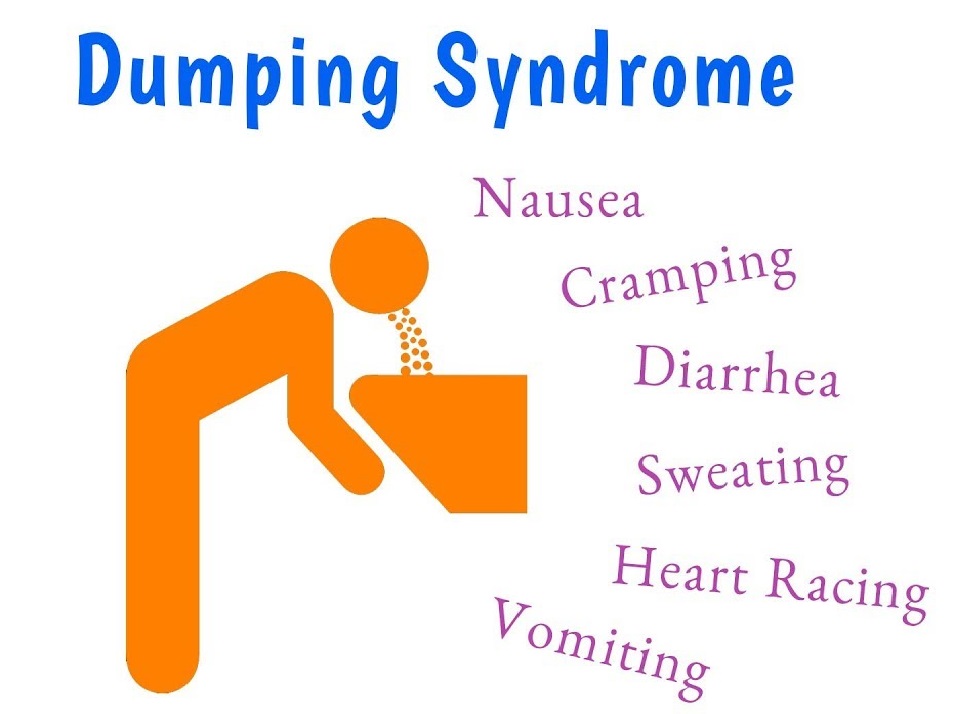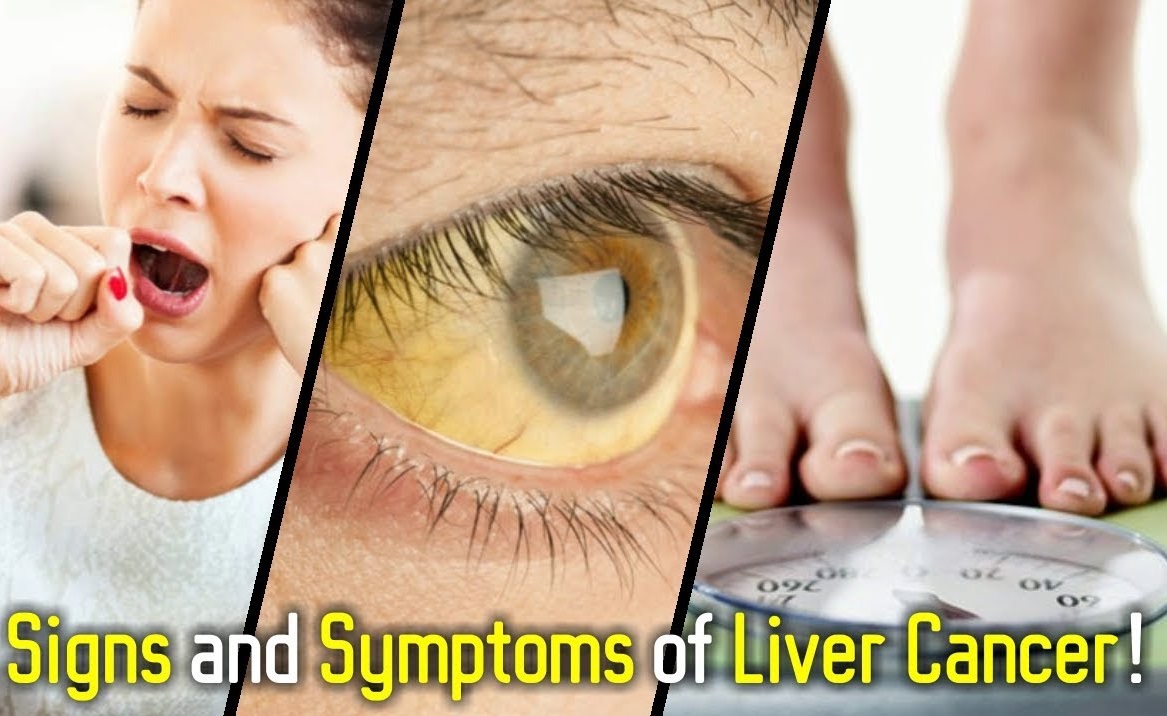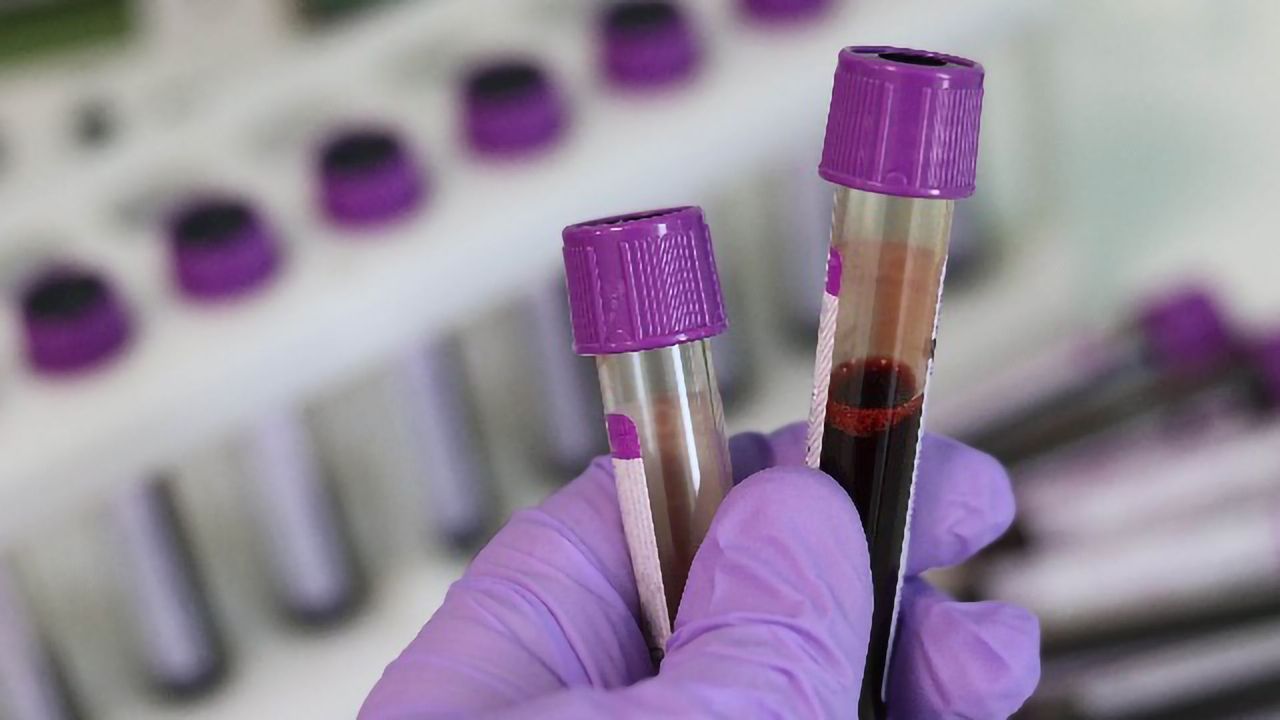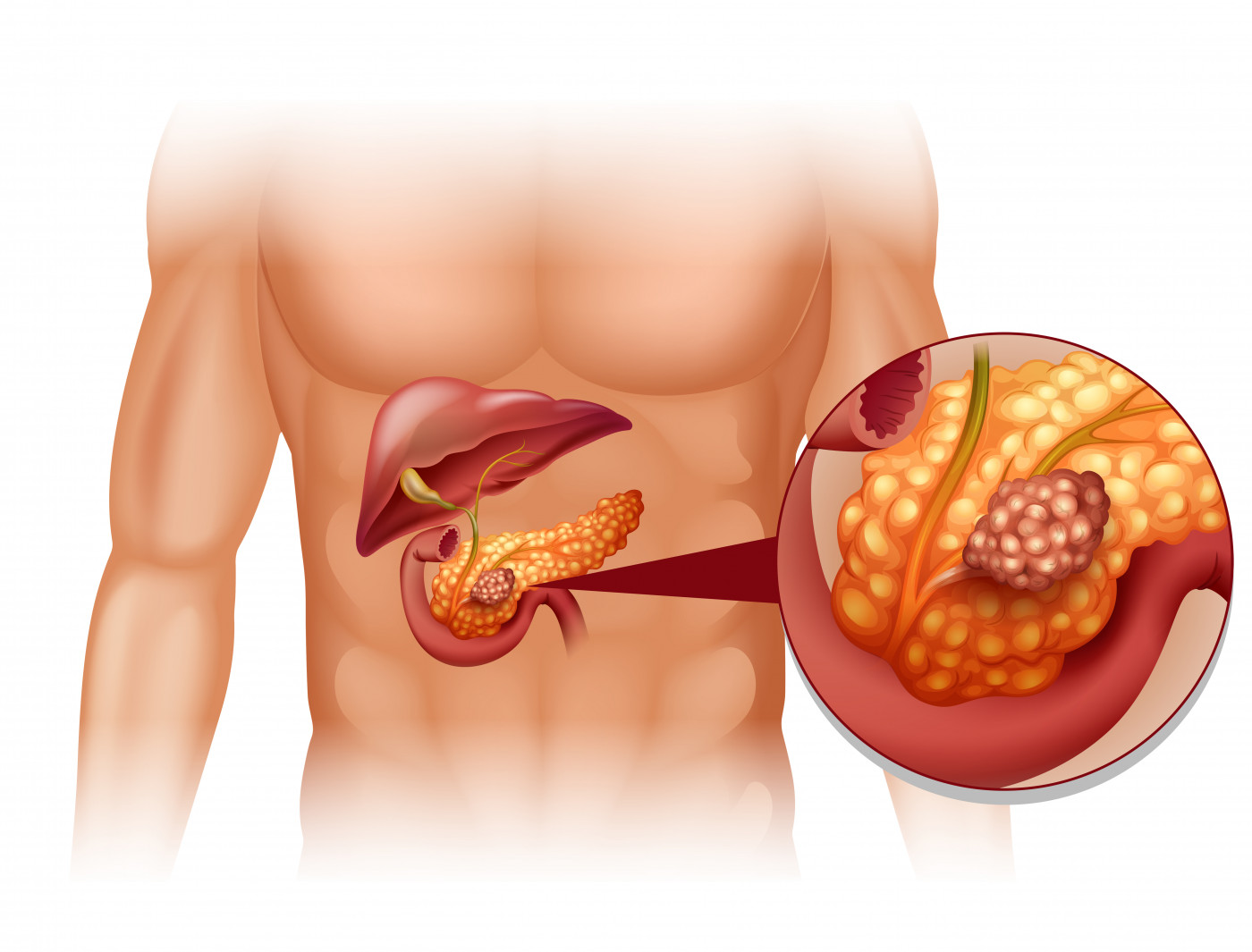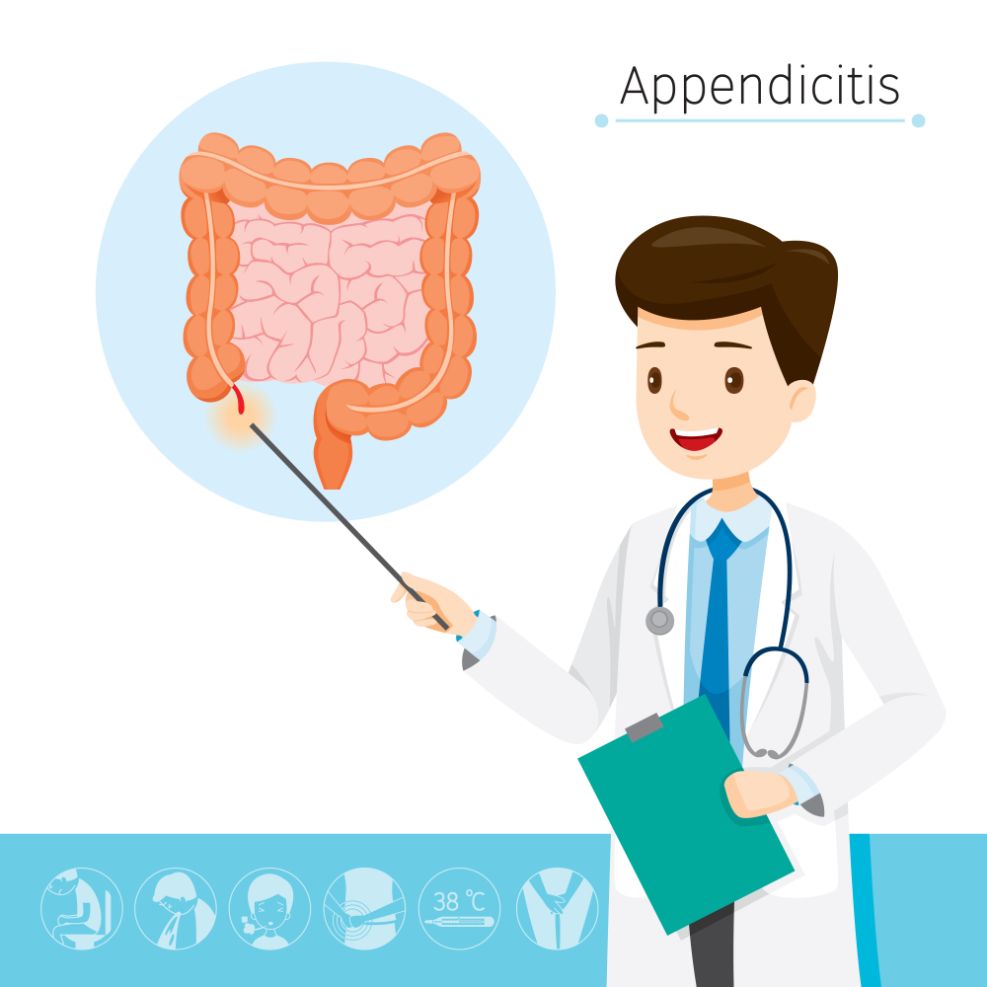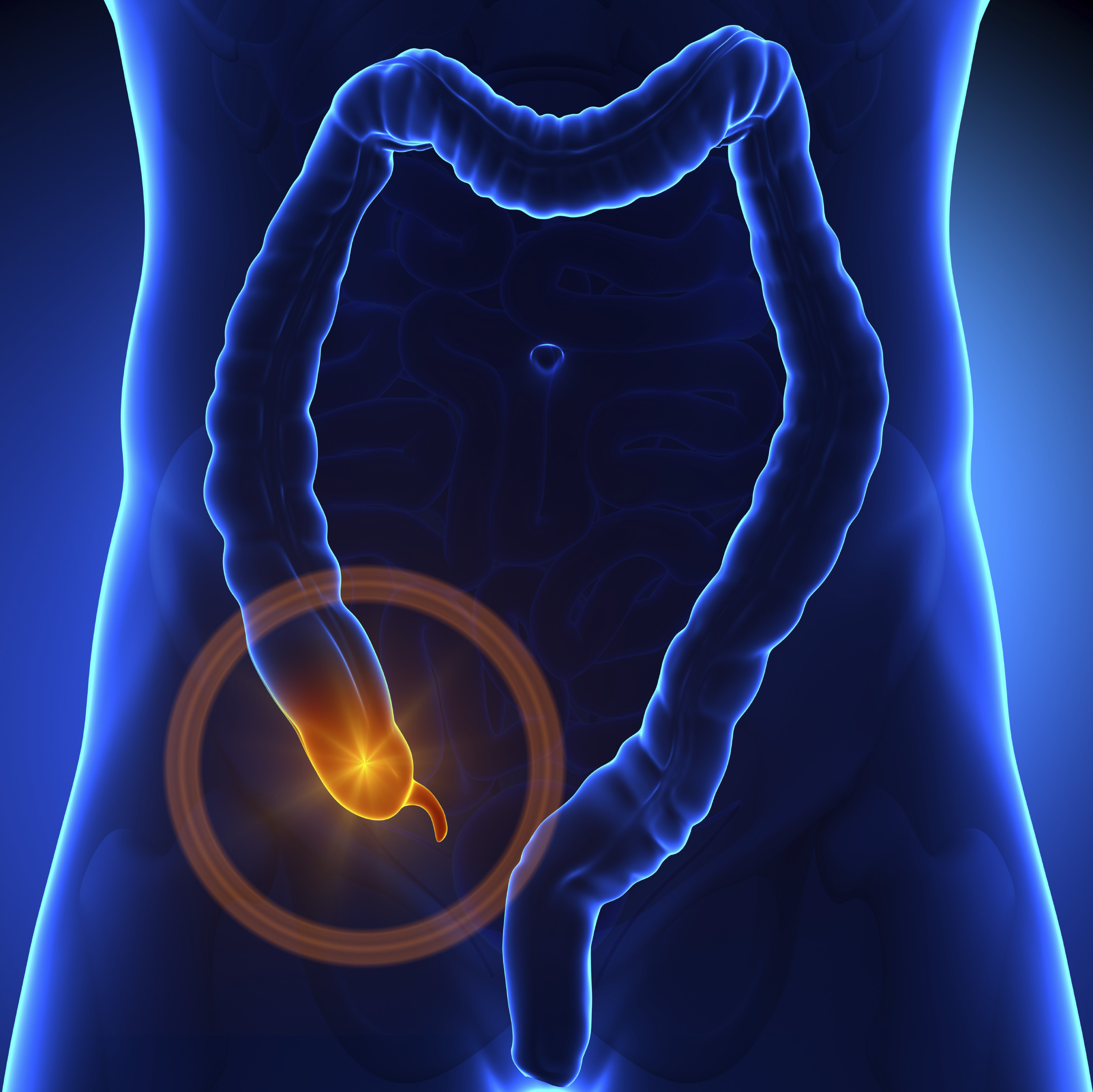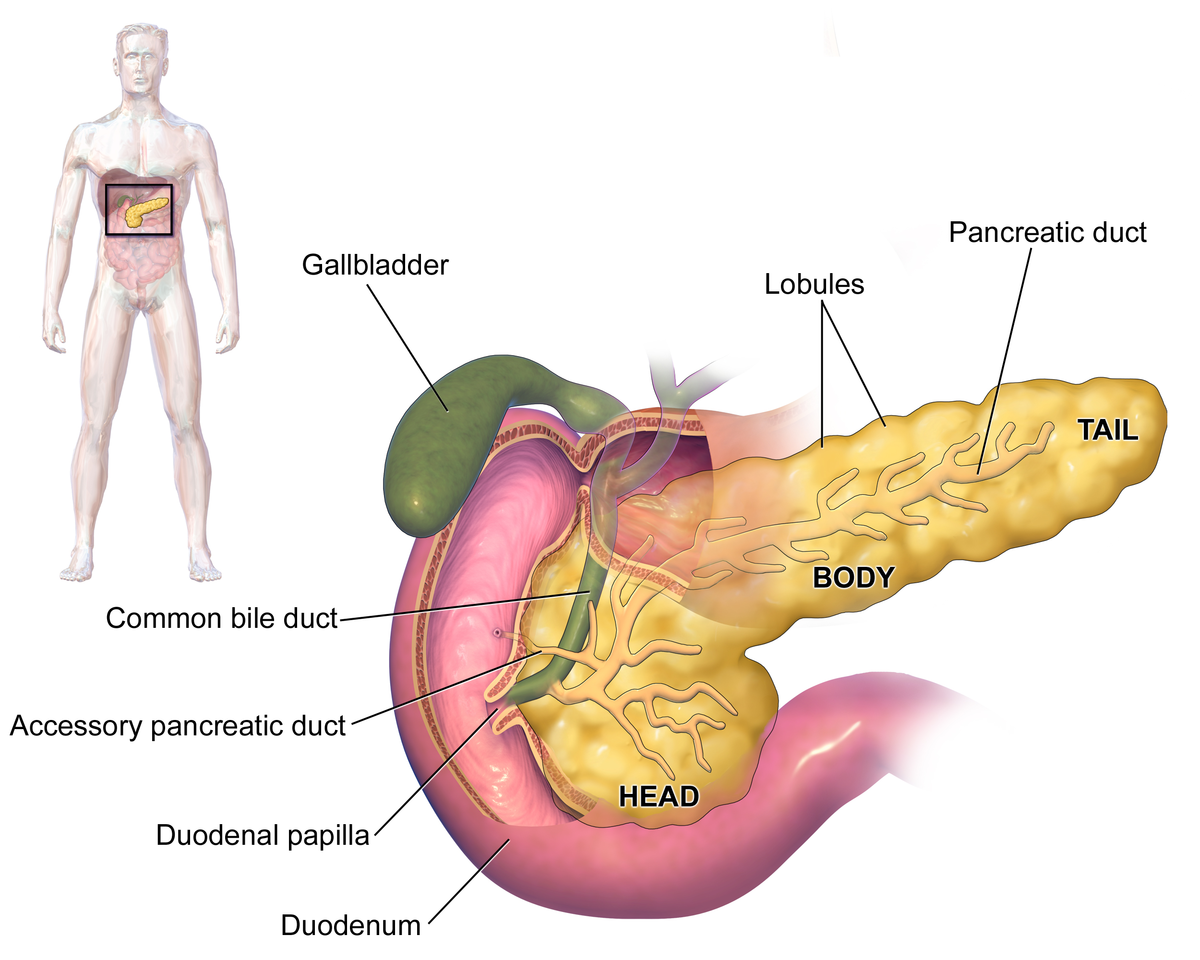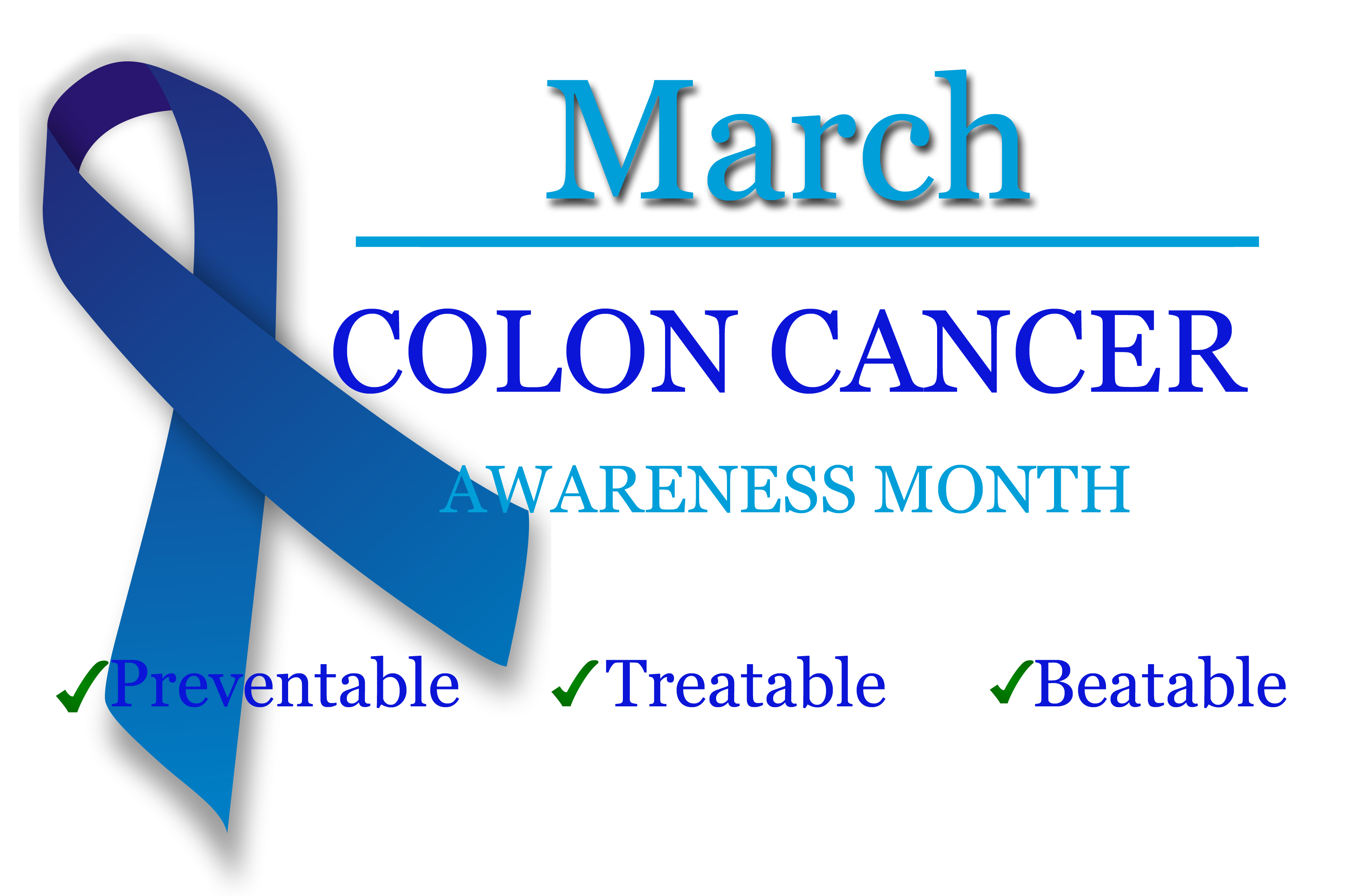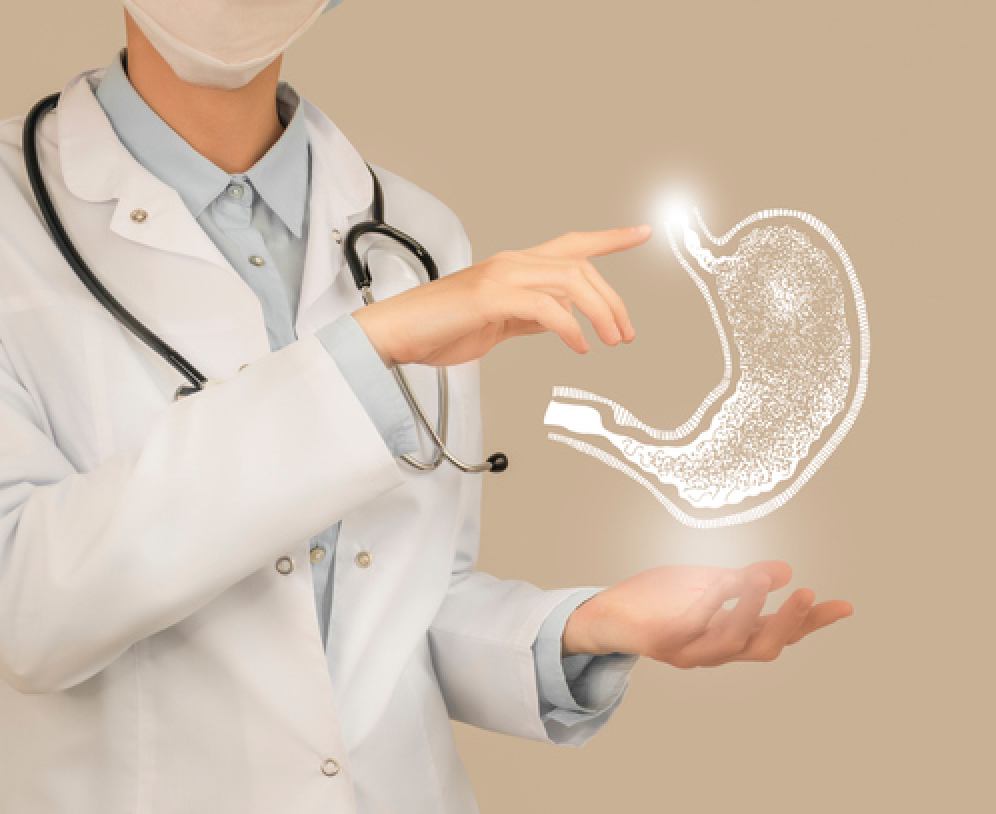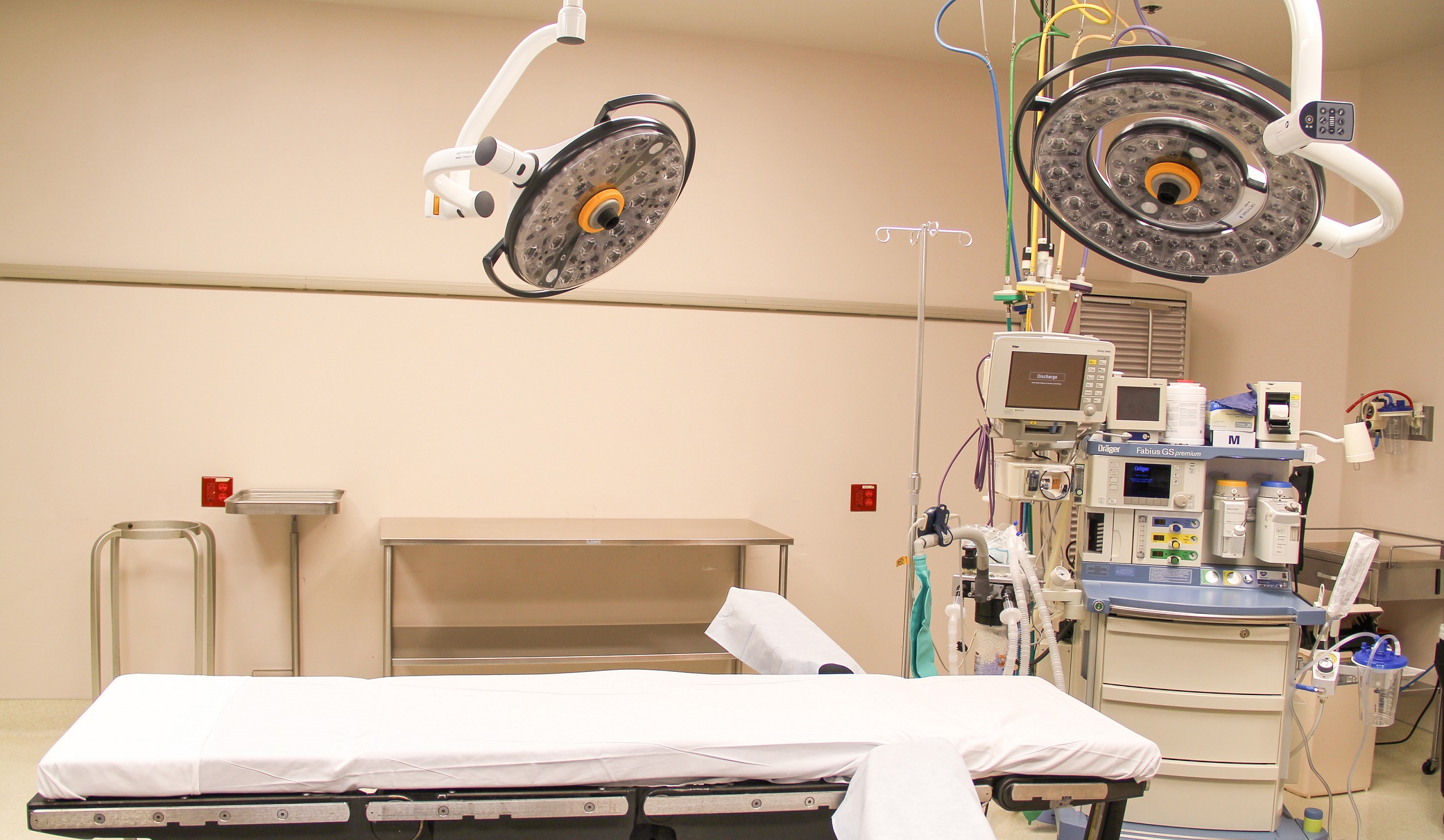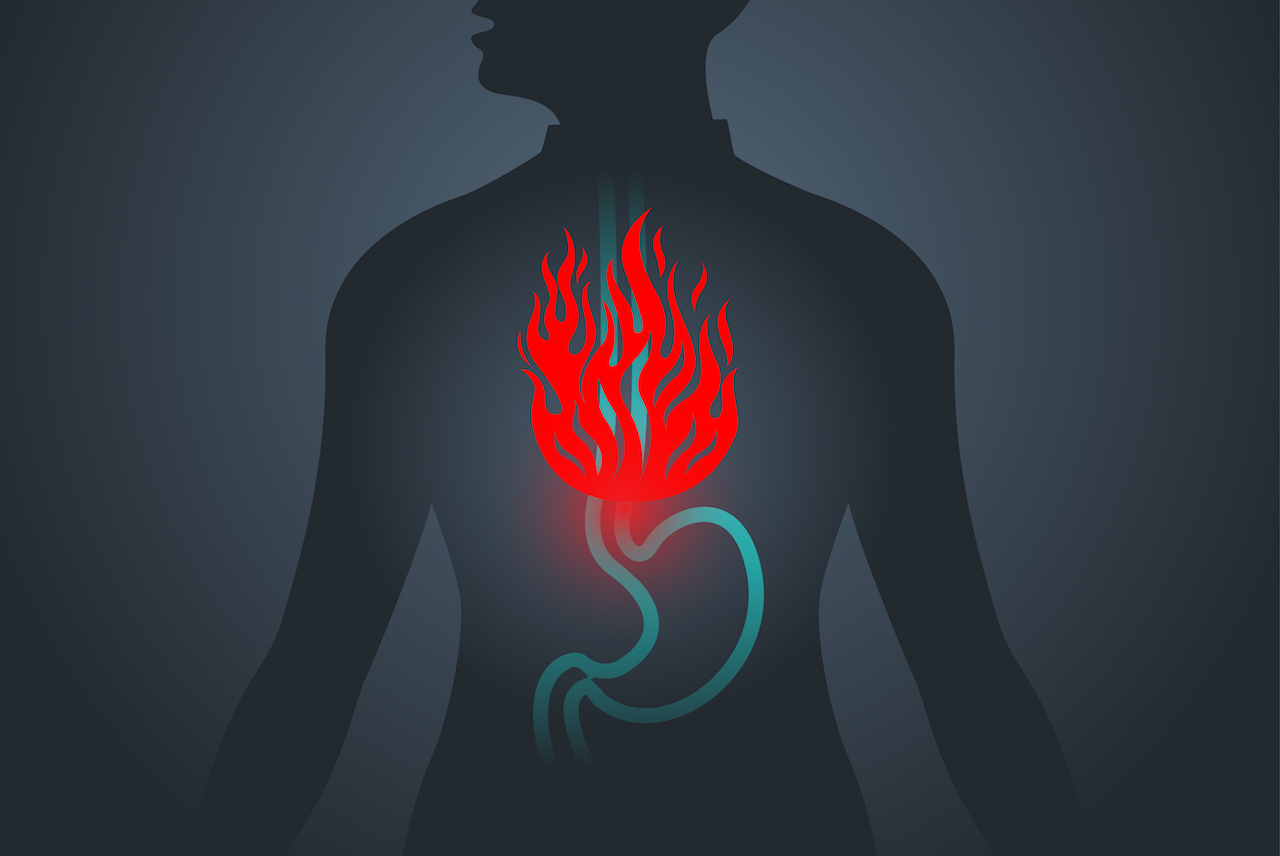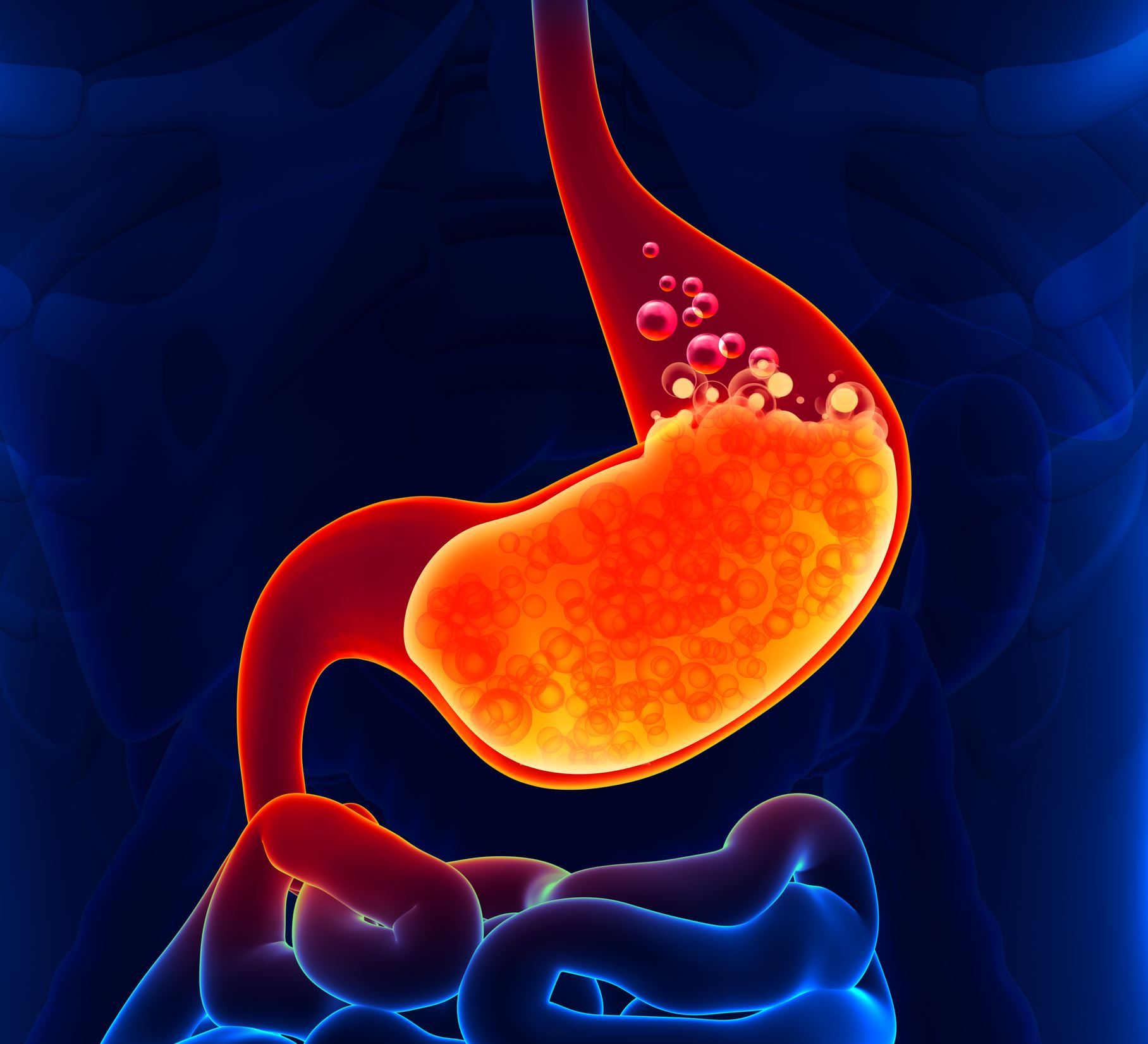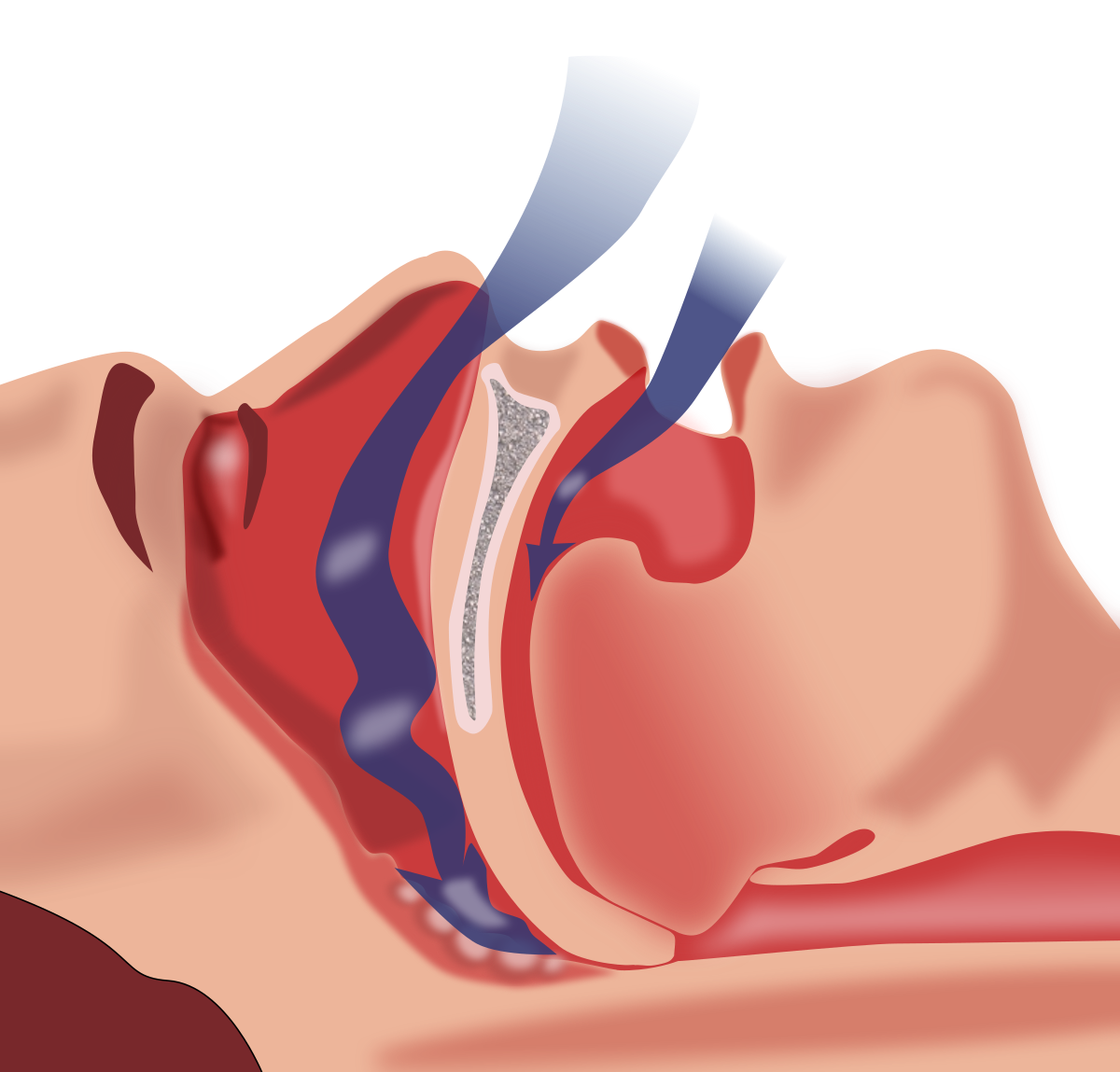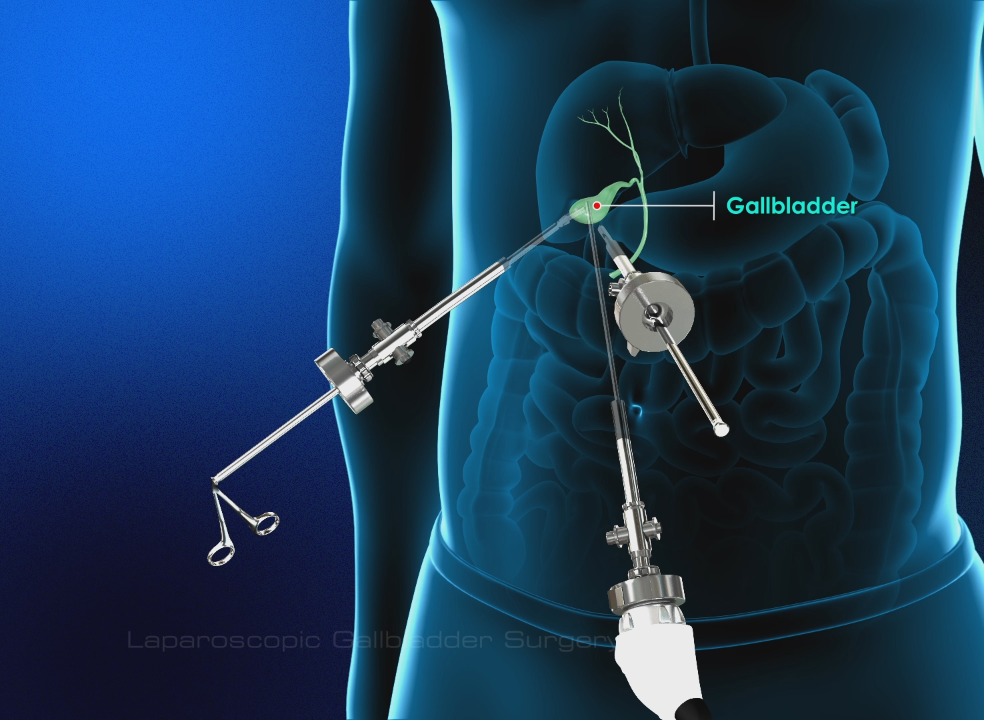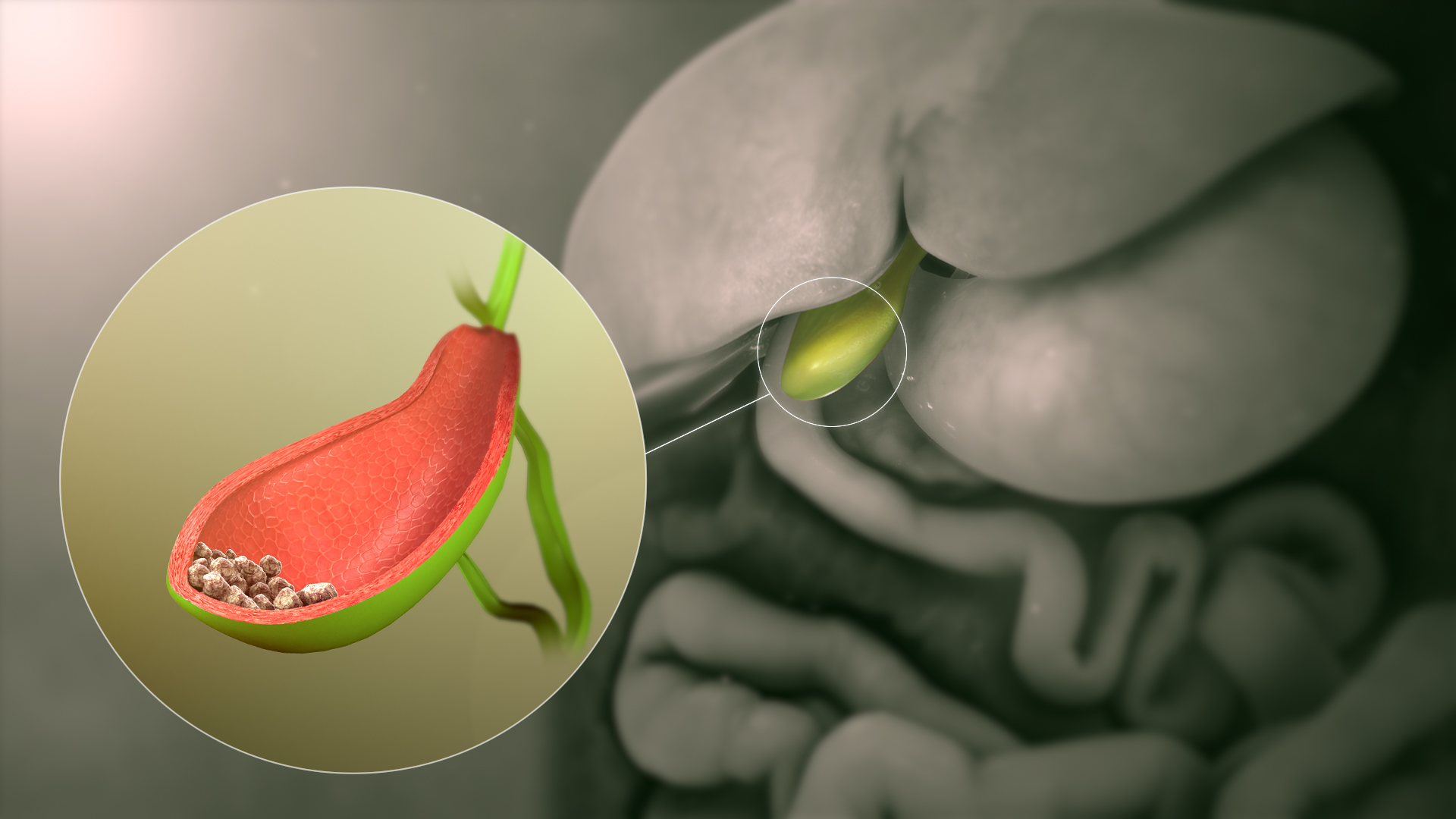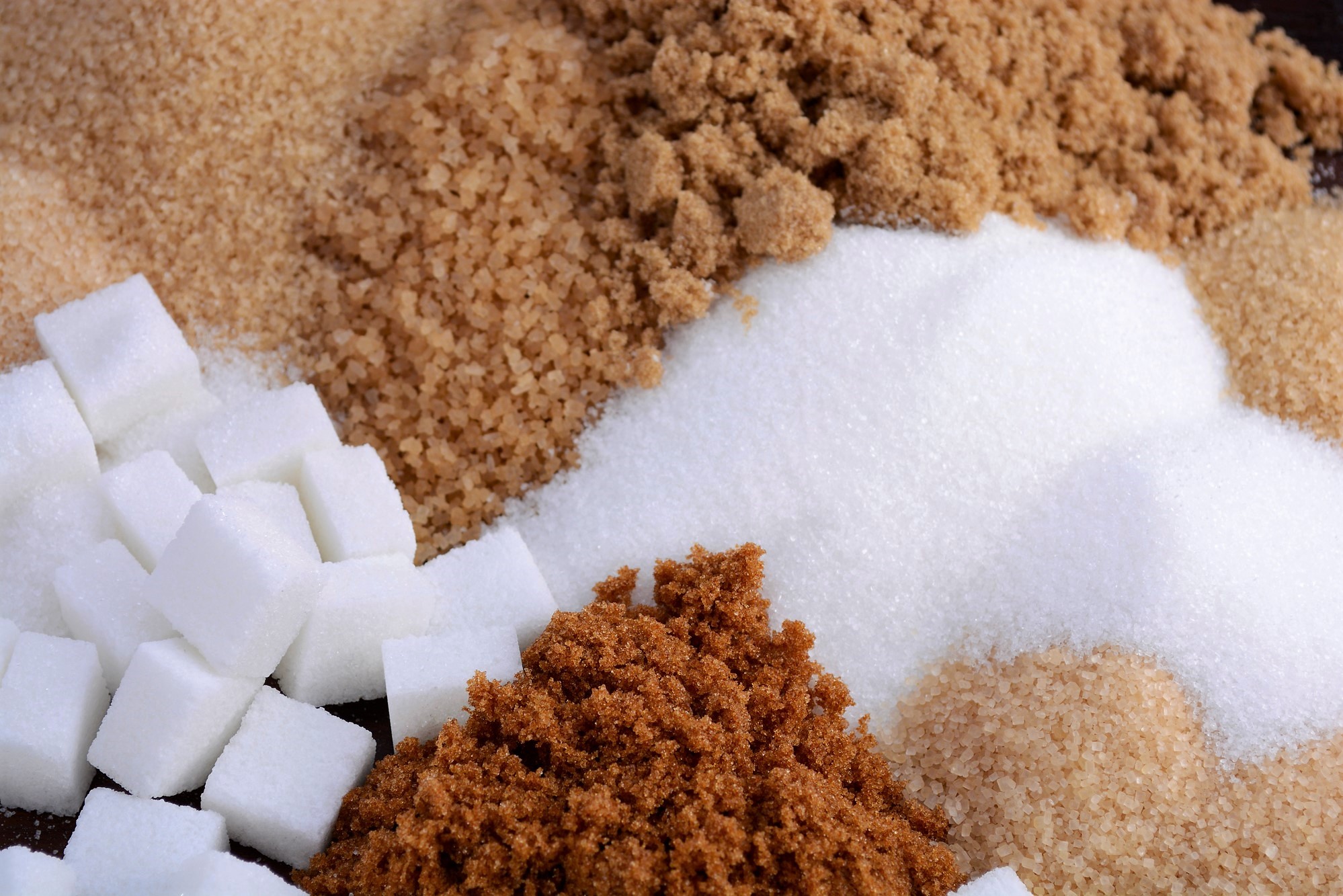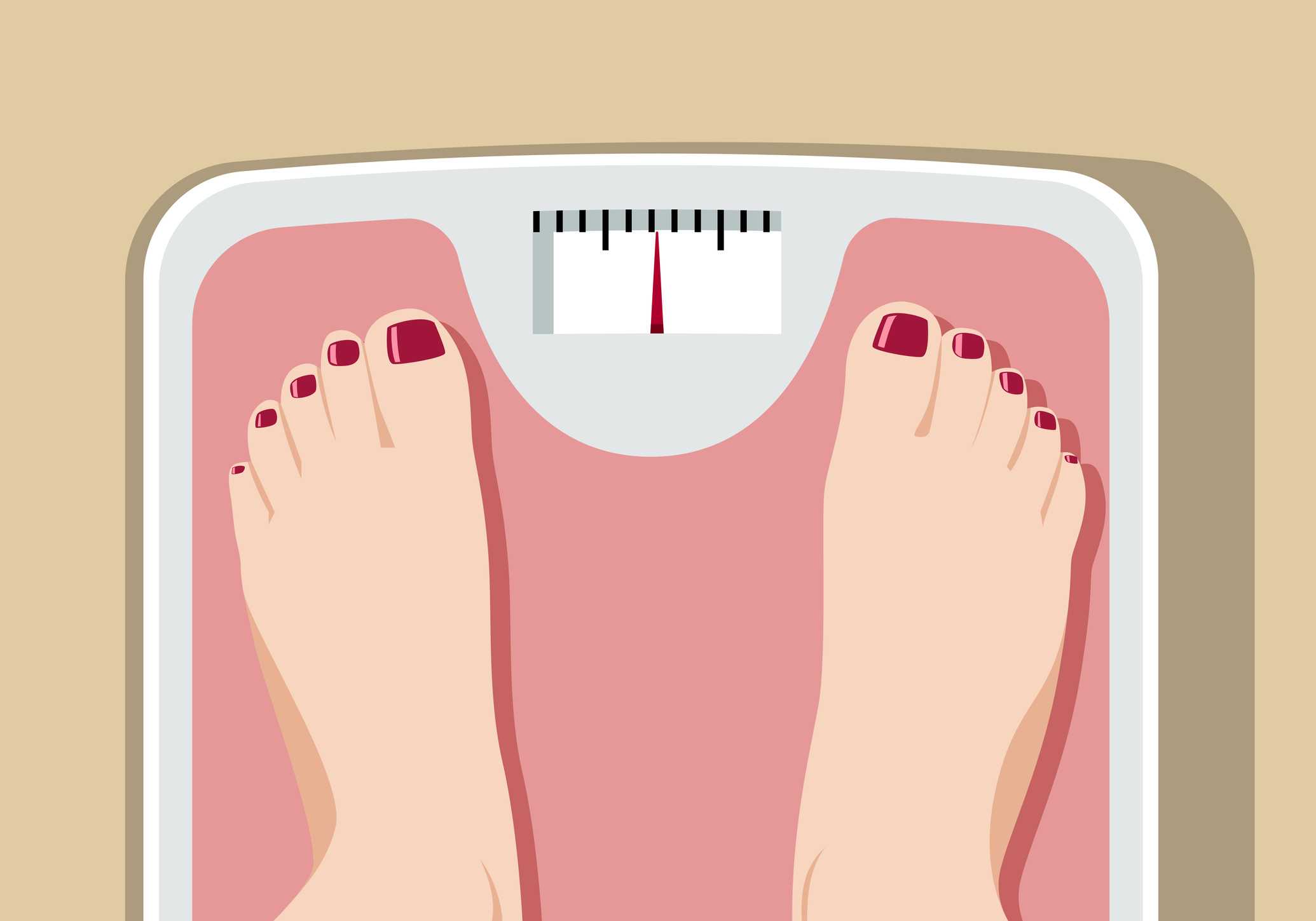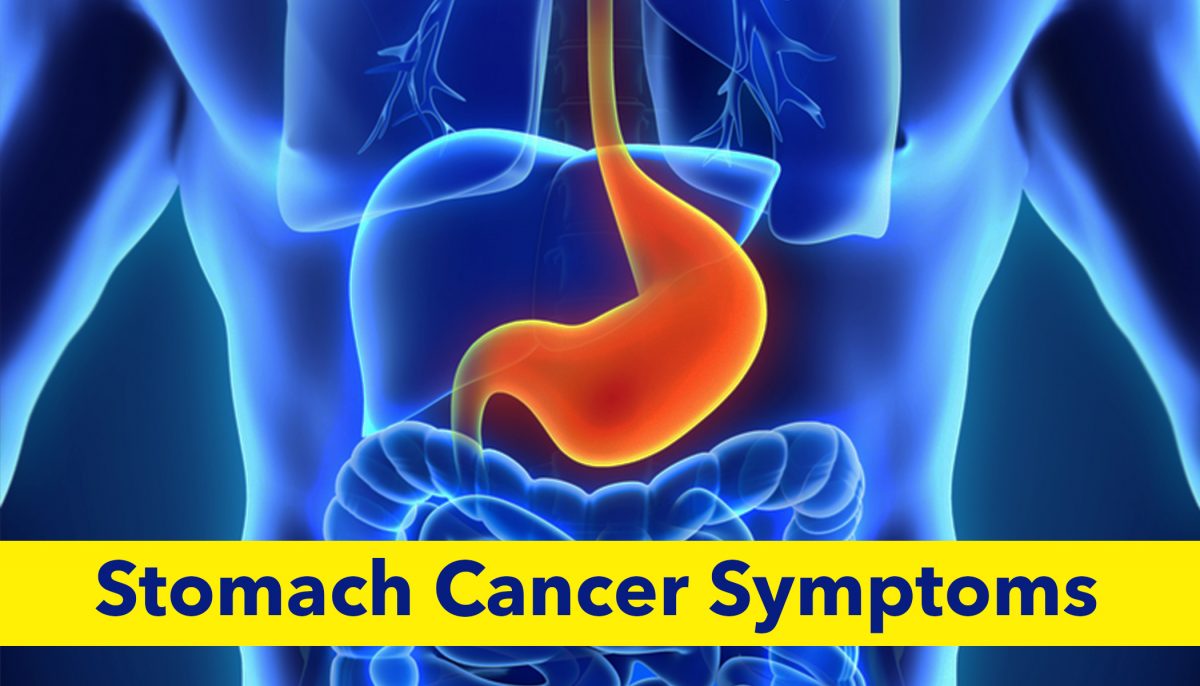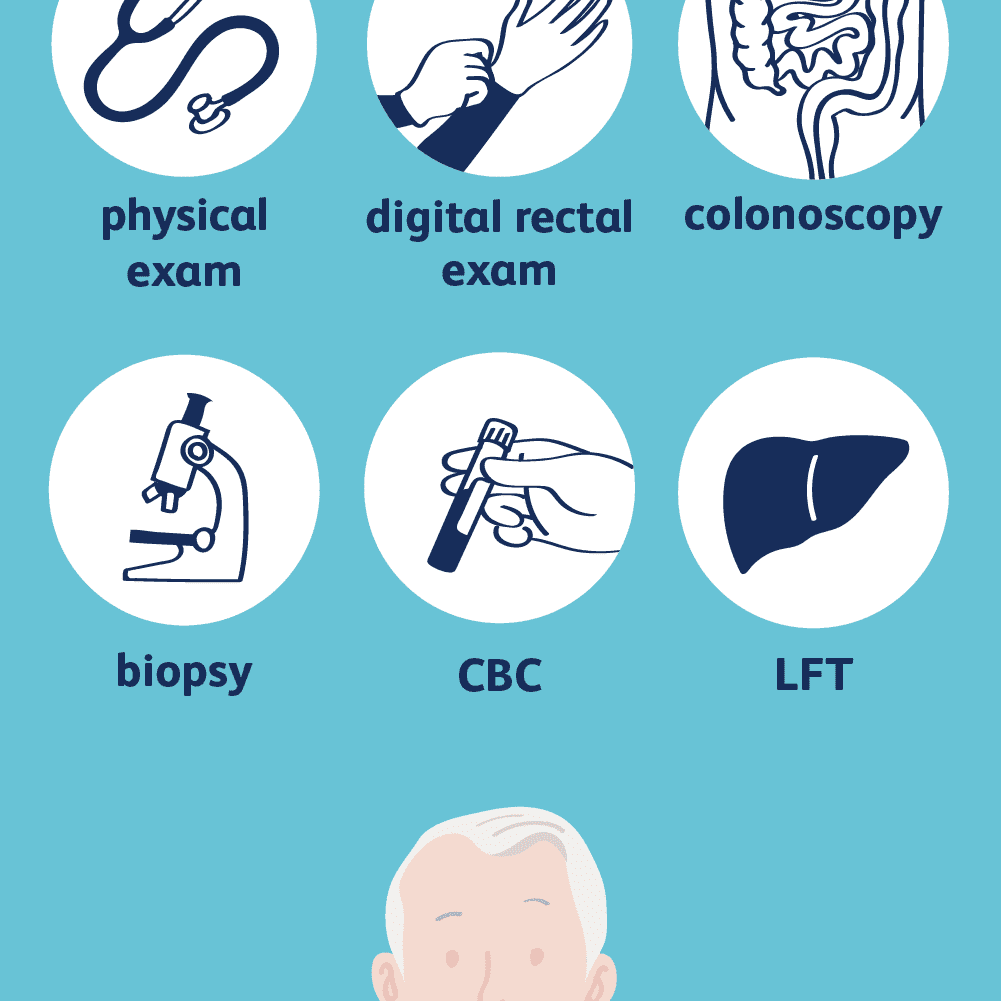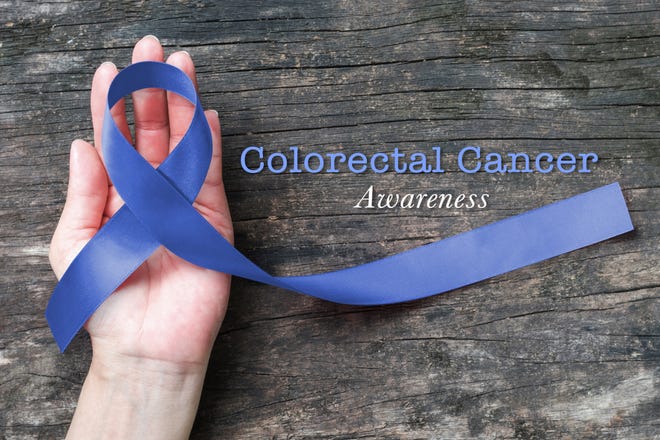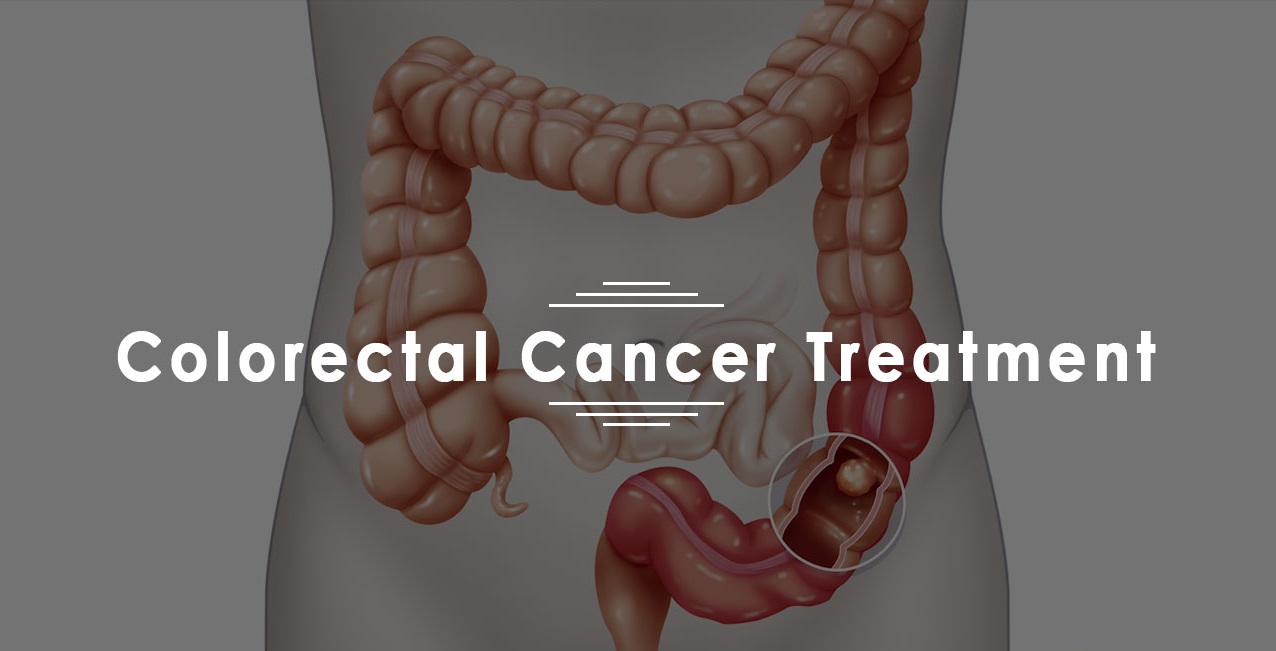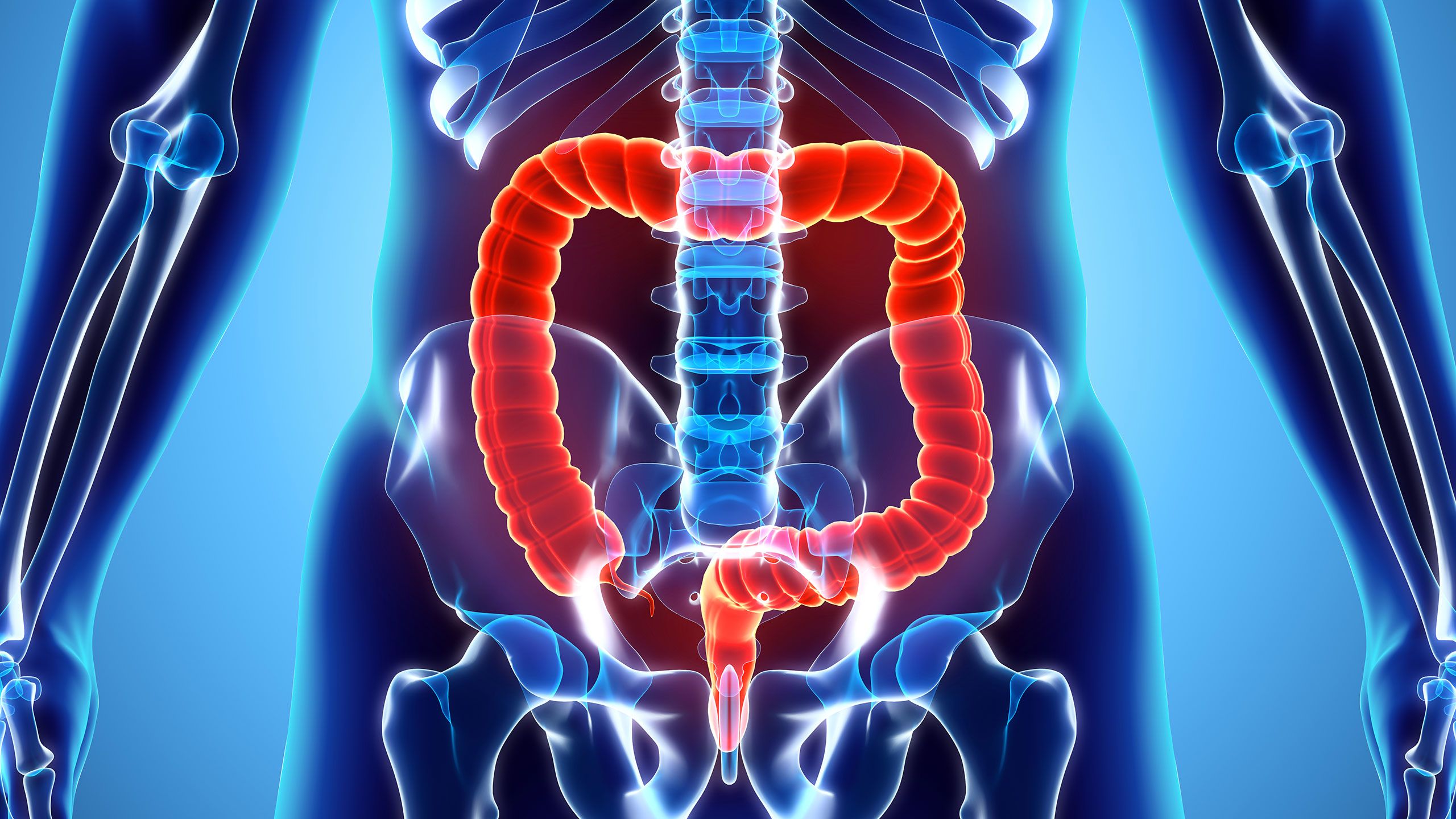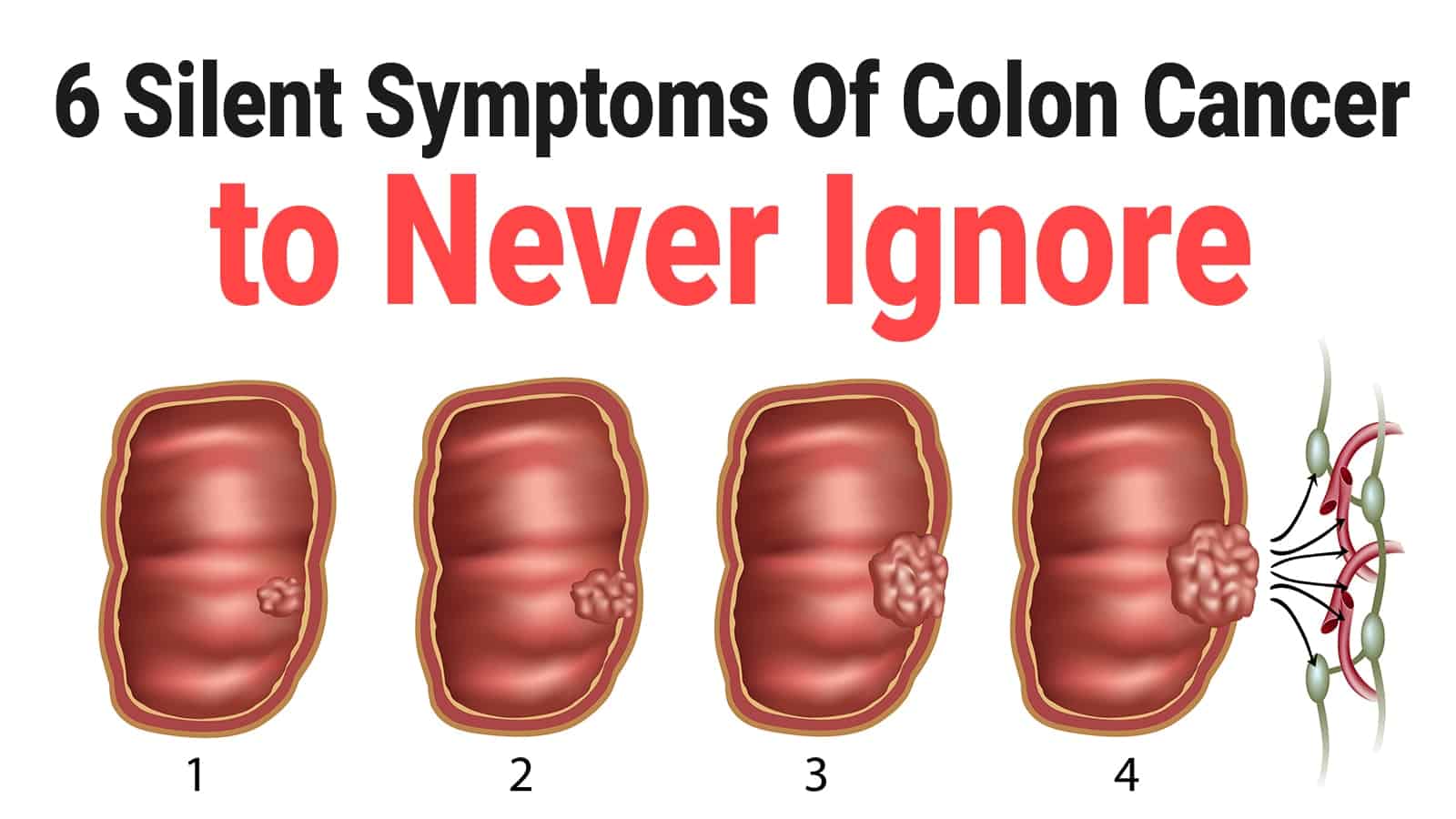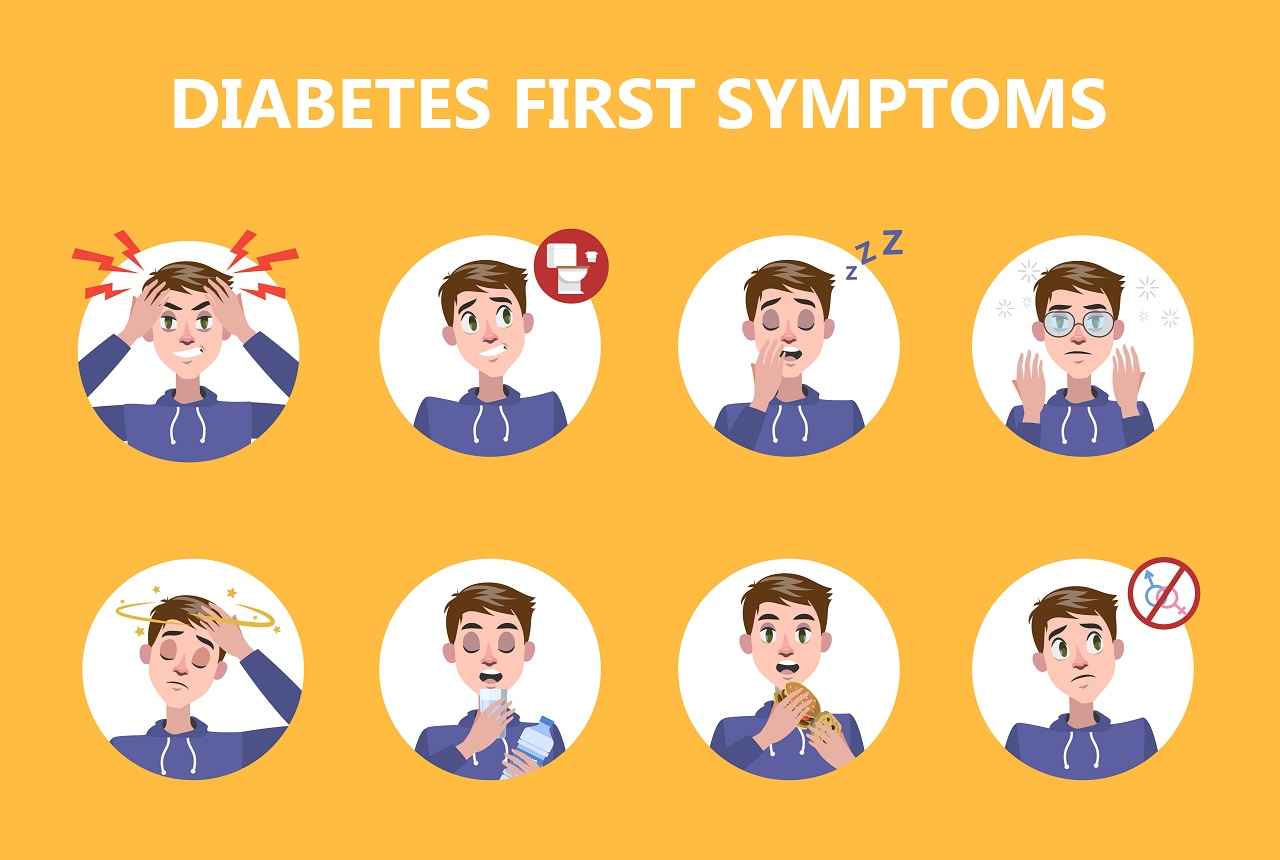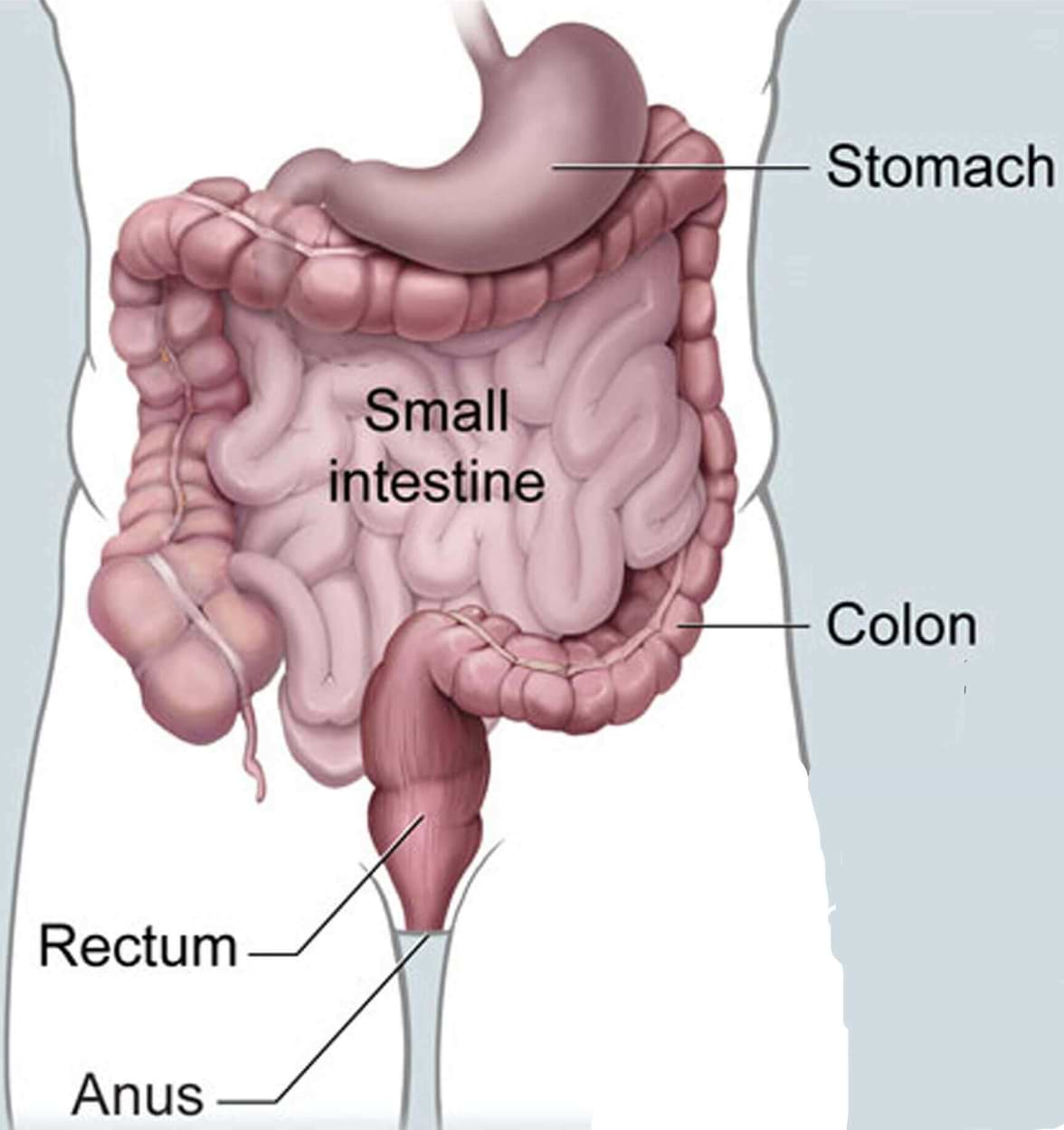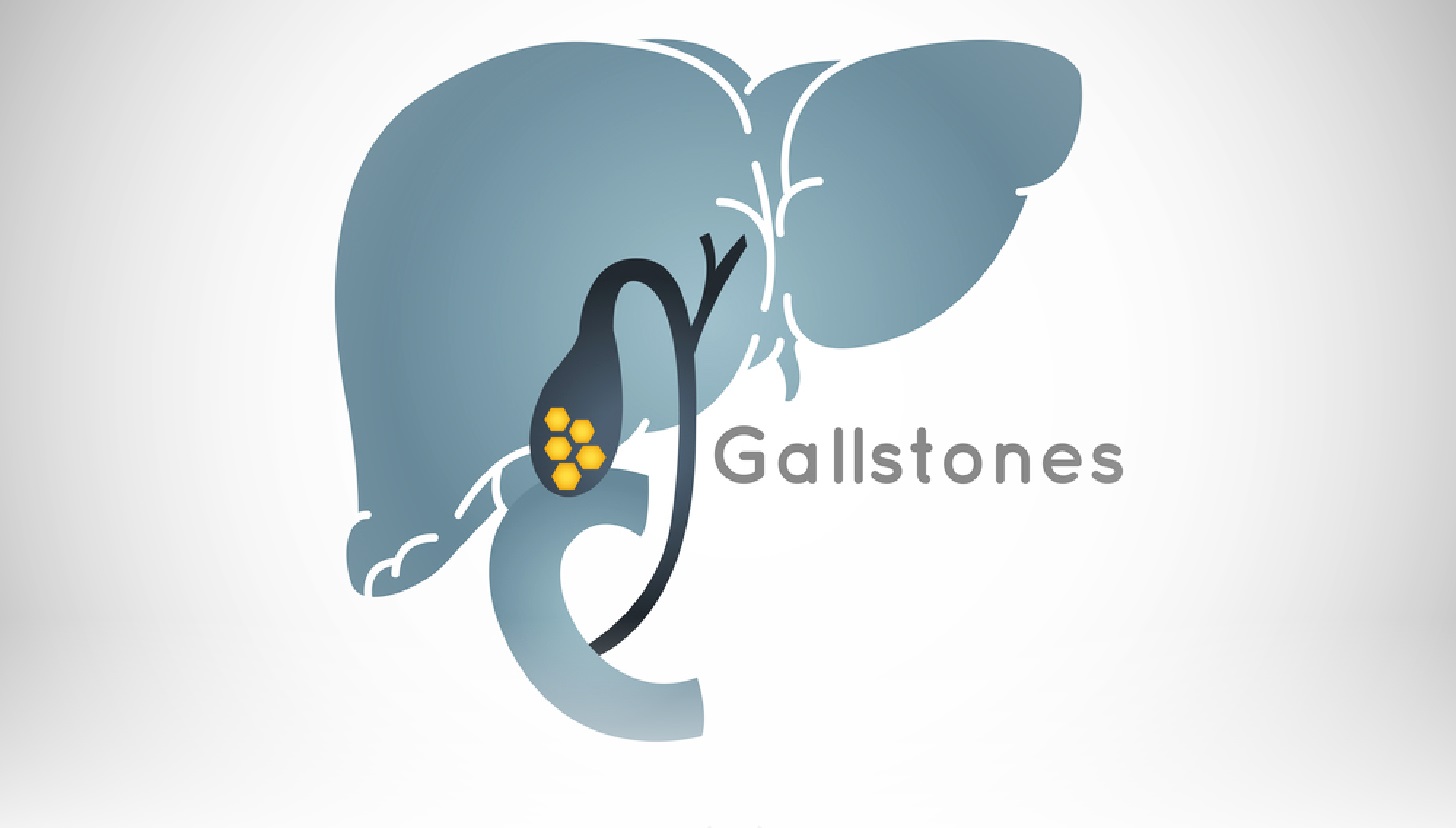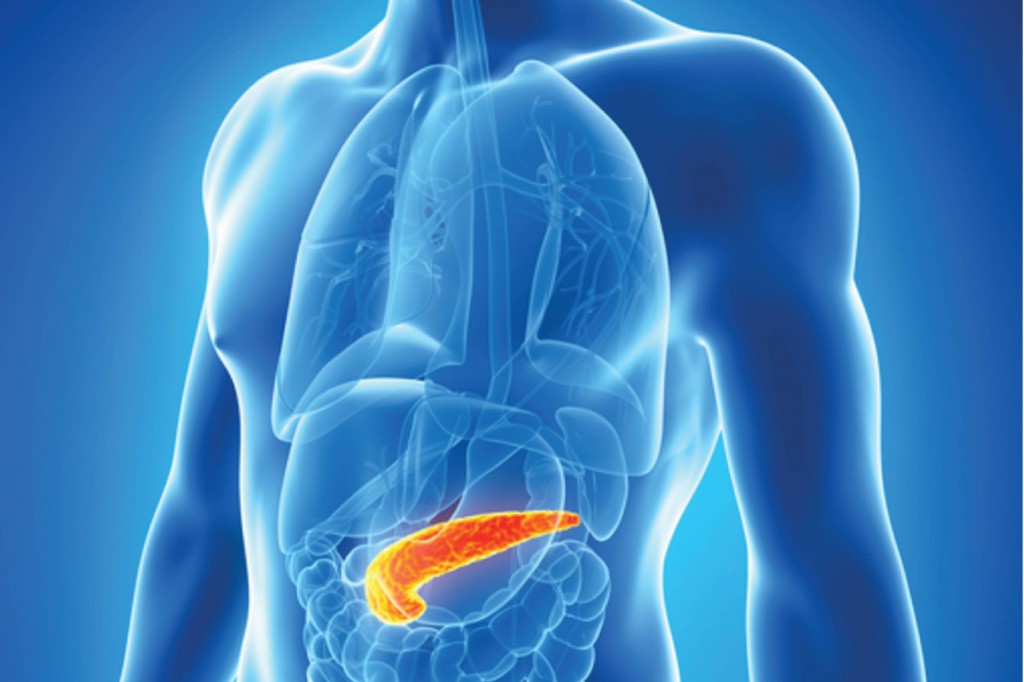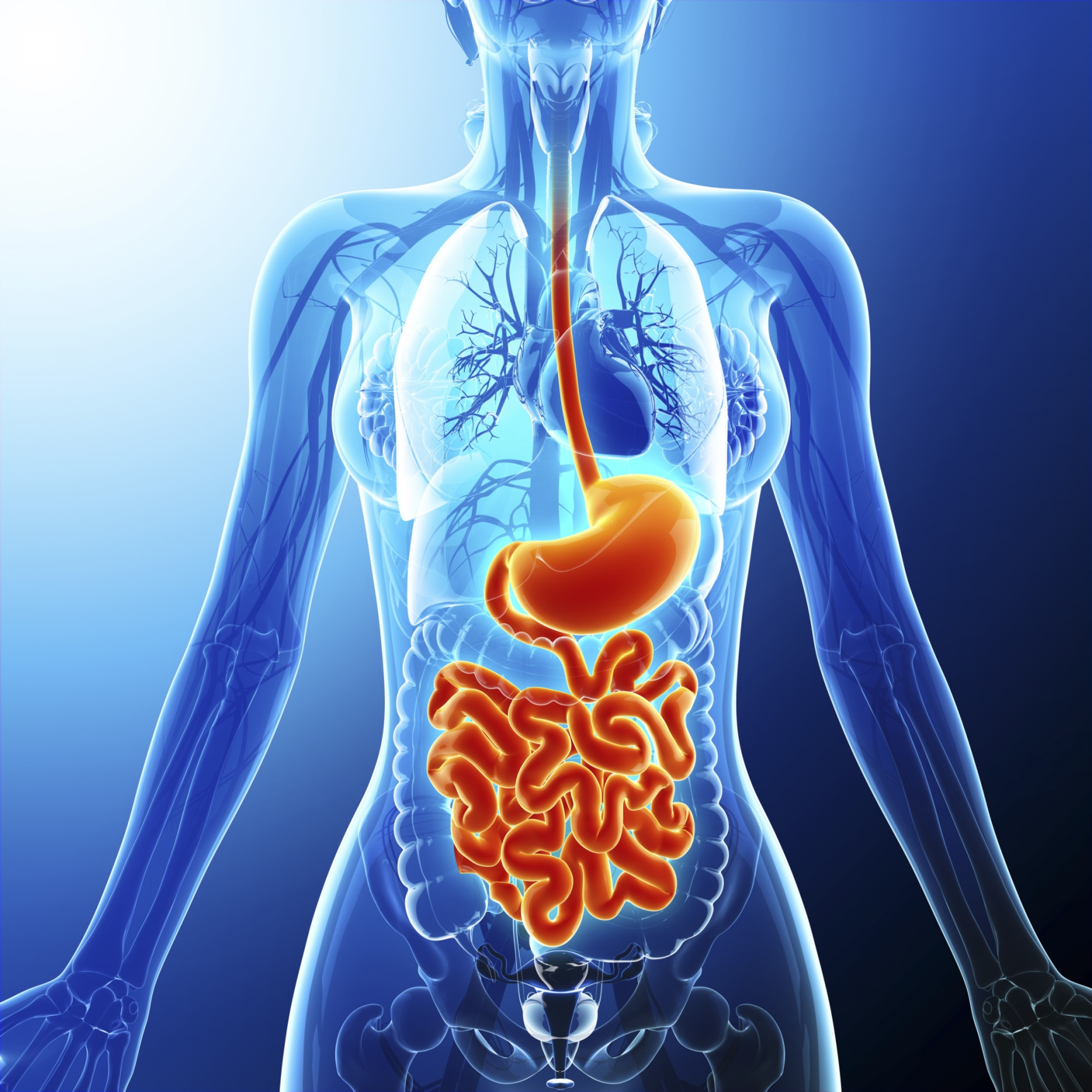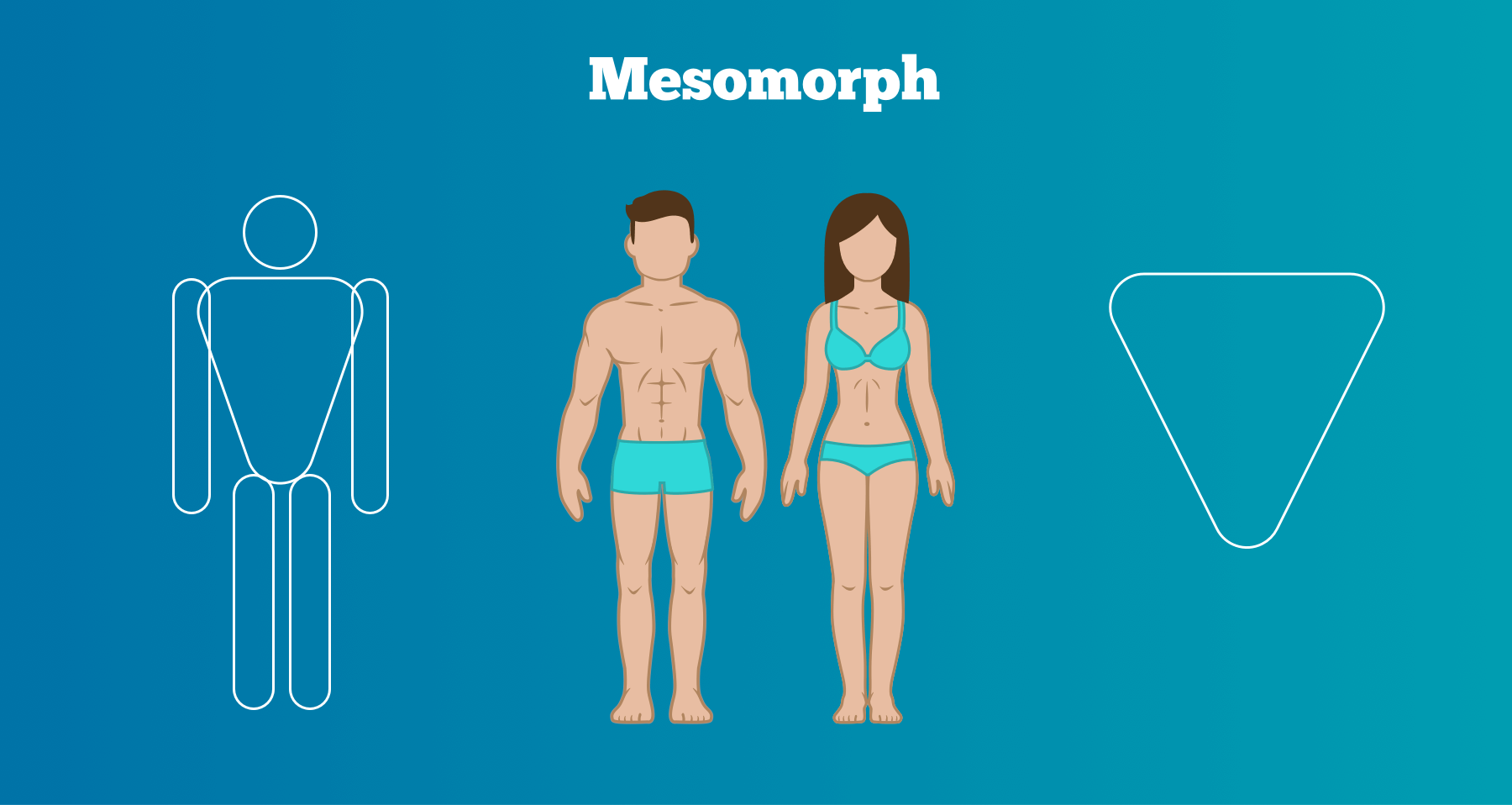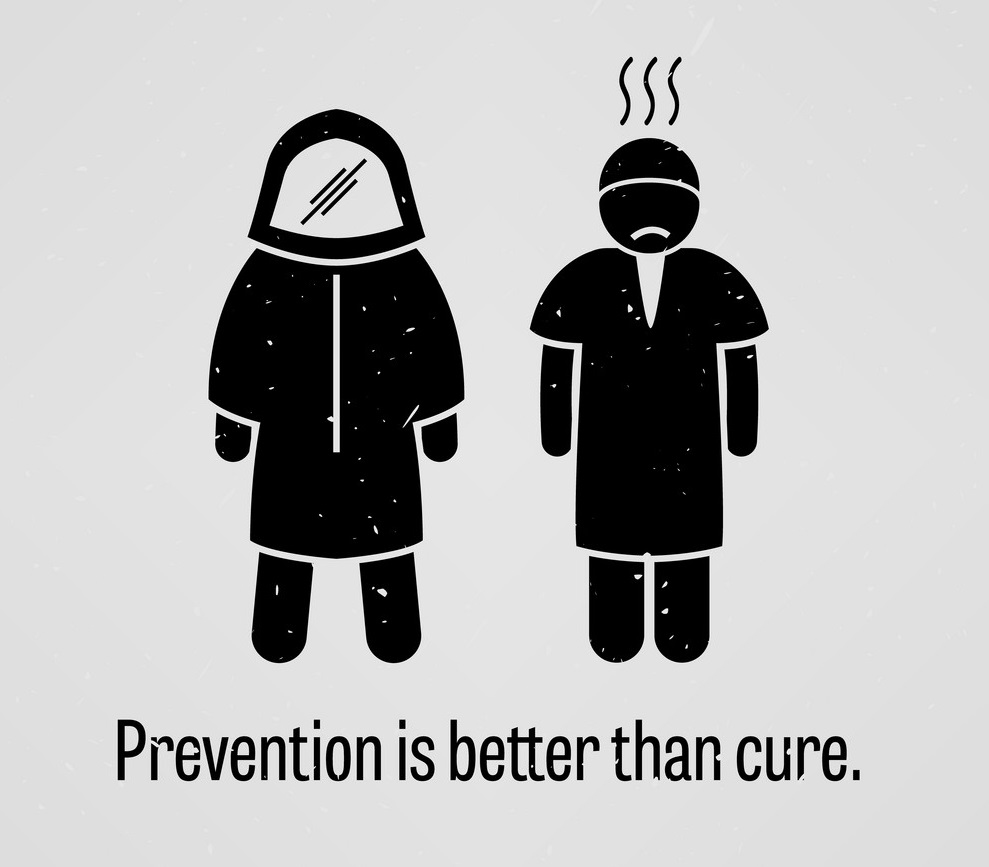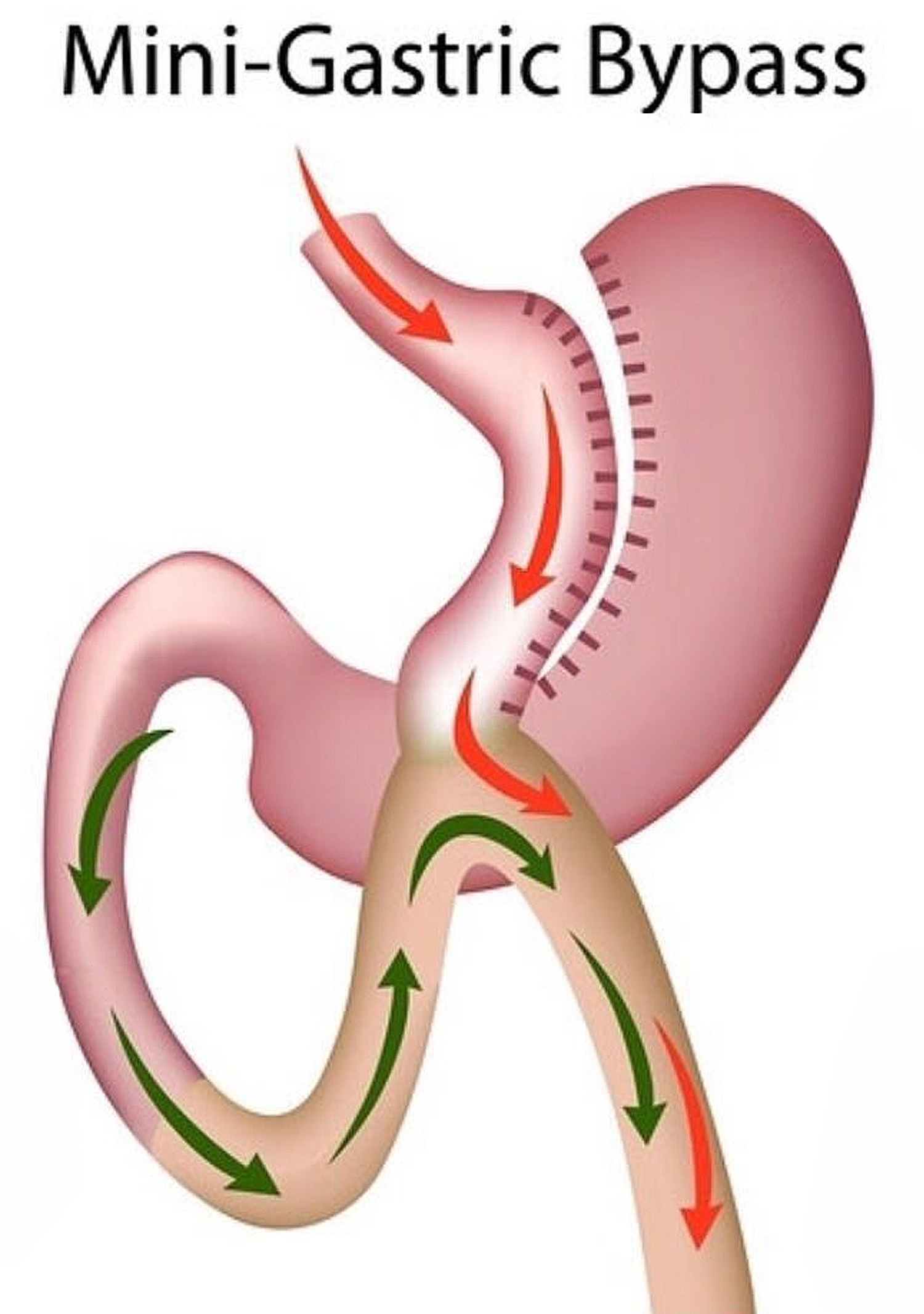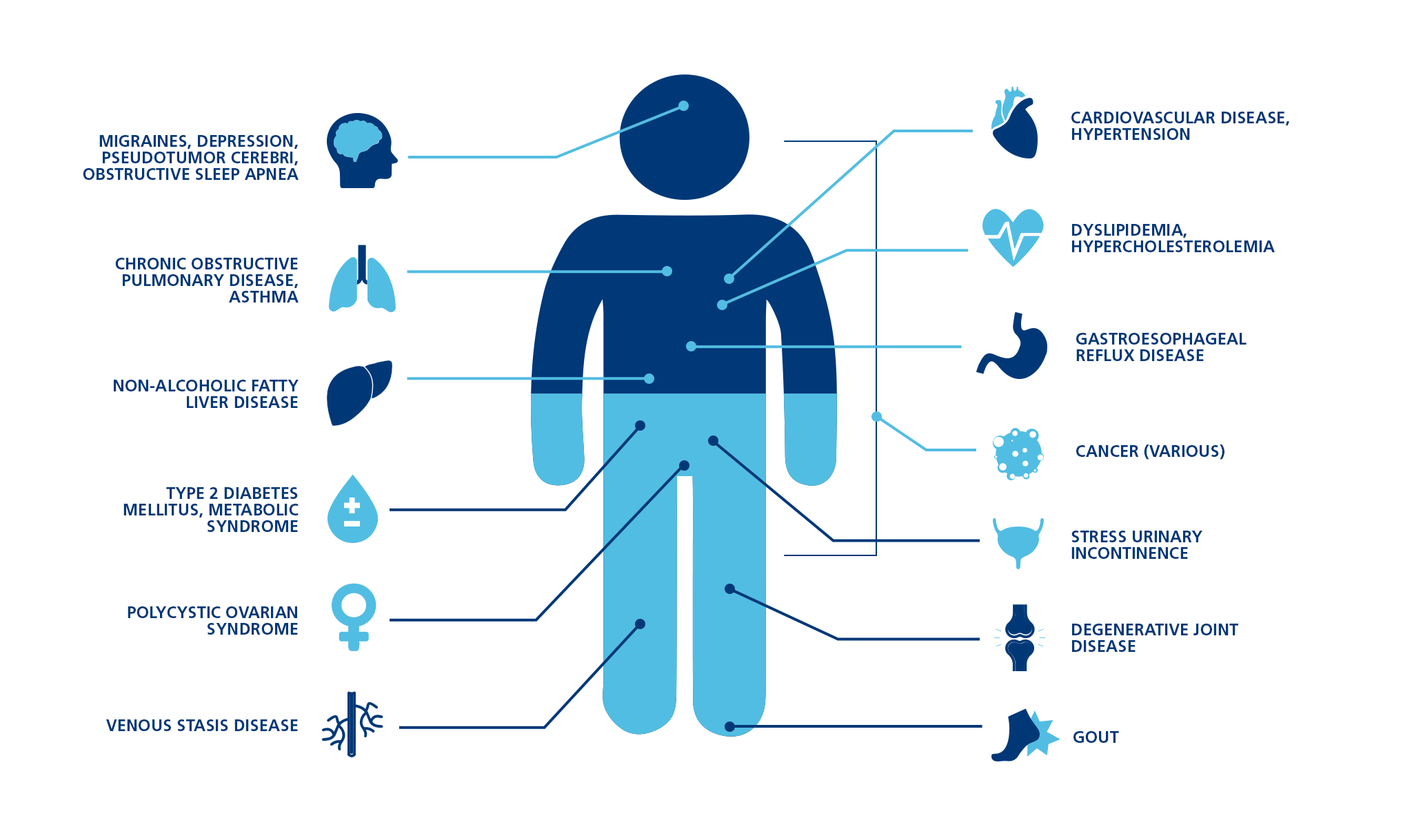Oral Health, Bad Breath
Bad Breath- Reasons and Prevention
Oral health which is neglected can cause a breeding ground for bacteria and cause a host of problems. Bad breath is an indicator that something is not quite right but there may be other surprising reasons for the pungent odour.
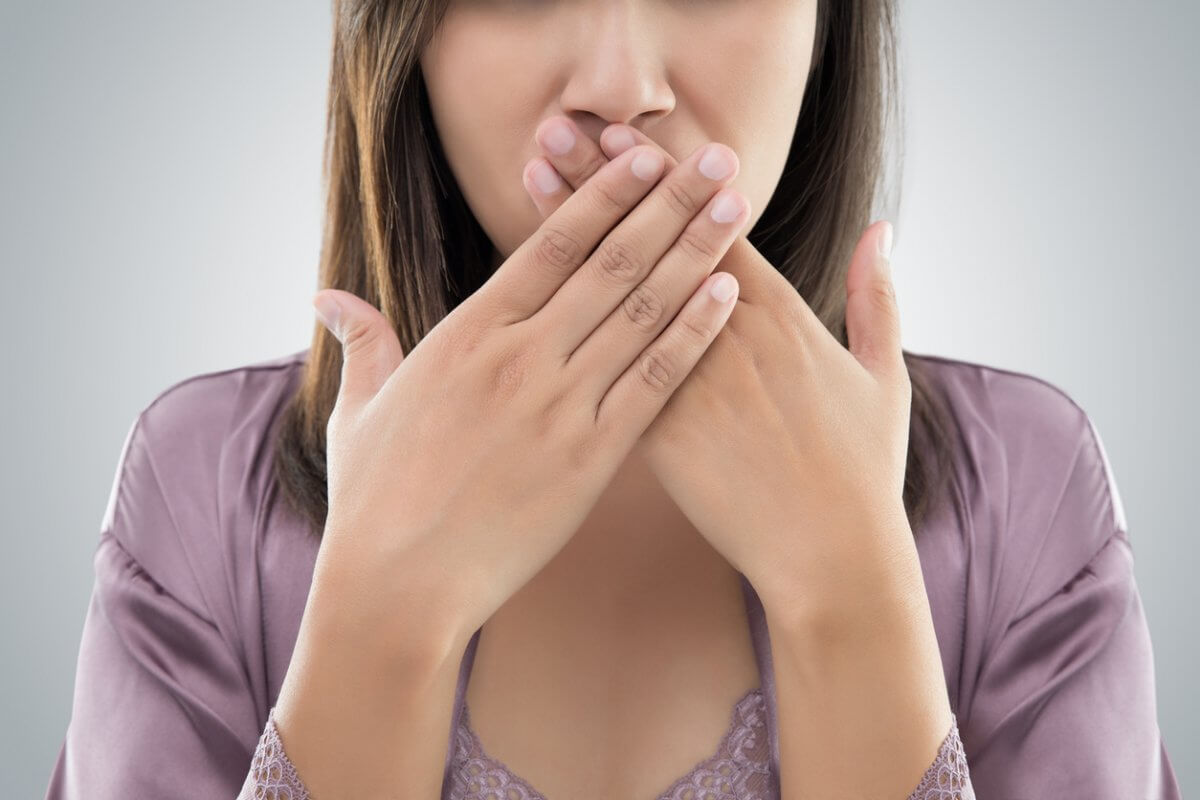
Overview
Bad Breath is said to affect more than 50 percent of the general population. Bad breath is caused by bacteria in the mouth, which is why it typically arises from poor oral hygiene. However, in some instances, it can be caused by underlying medical conditions or lifestyle choices, ranging from a virus to the ketogenic diet.
Causes
Some causes for bad breath, apart from poor oral hygiene, include-
1. Tonsil stones
Tonsil stones, or tonsilloliths, are hard, sometimes painful bits of bacteria and debris that get stuck in nooks on your tonsils.
Your tonsils are gland-like structures in the back of your throat. You have one on each side. Tonsils are made of tissue with lymphocytes, cells that prevent and fight infections. Many experts think your tonsils play a role in your immune system and are meant to work like nets, trapping bacteria and viruses that come in through your throat.
But your tonsils don’t always do their job well. For some people, they’re more trouble than help. Research suggests that people who have their tonsils removed are no more likely to get bacterial or viral infections than people with who keep their tonsils.
Tonsil Stone Causes
Your tonsils are filled with nooks and crannies where bacteria and other things, including dead cells and mucus, can get trapped. When this happens, the debris can bond together.
Tonsil stones form when this debris hardens, or calcifies. This tends to happen most often in people who have long-term inflammation in their tonsils or repeated cases of tonsillitis.
Many people have small tonsilloliths, but it’s rare to have a large tonsil stone.
Tonsil Stone Diagnosis
Your doctor can usually diagnose tonsil stones with a physical exam. If they’re hidden in the folds of your tonsils, you might need imaging tests, such as CT or MRI scans, to spot them.
Tonsil Stone Treatment and Removal
Many tonsil stones, especially those that don’t have symptoms, don’t need special treatment. It depends on their size and whether they might cause you trouble.
Treatments include:
- Antibiotics. Medications may help, but they have side effects and can’t fix what’s causing your tonsil stones.
- Surgical removal. If your tonsil stones are unusually large or causing problems, your doctor might remove them.
- Tonsillectomy. If tonsil stones are a long-term problem, you might need to have your tonsils taken out.
- Cryptolysis. This uses a laser or a radiofrequency wand to scar your tonsils, making tonsil stones less likely.
Tonsil Stone Home Remedies
For smaller stones, you can try:
- At-home removal. You might be able to remove tonsil stones by scraping gently with water picks or swabs.
- Saltwater gargles. Gargling with warm, salty water may help ease the pain of tonsillitis and help remove stones.
2. Sinusitis and post-nasal drip
Swollen sinus and nasal passages create both dry mouth and postnasal drip conditions, along with the added effect that “lumps” of bacterial colonies are hiding out inside your sinuses.
These colonies exacerbate bad breath and make it hard to combat, even after addressing symptoms like postnasal drip.
Drinking plenty of water helps thin out the mucus build up in your sinuses, making it easier to drain.
Frequent gargling with warm water and salt as well as tongue scraping also help prevent bad breath.
3. GERD
GERD is a chronic condition marked by persistent acid reflux, or the rise of stomach acid in the oesophagus.
The misplaced stomach acid may be the cause for unexplained bad breath but is often paired with other symptoms.
If you tend to have heartburn or reflux, your bad breath could be related to the excess acid produced by your digestive tract.
Those acids can have a sour odour, affecting your breath.
4. Medications
Many medicines are associated with bad breath, usually because they dry out the mouth.
Offenders include antihistamines, sedatives, amphetamines, antidepressants, diuretics, decongestants, anticholinergics and some antipsychotics.
Certain vitamin supplements (especially in high doses) are also culprits.
Reference
- https://my.clevelandclinic.org/health/diseases/21505-tonsil-stones
- https://www.mayoclinic.org/diseases-conditions/bad-breath/symptoms-causes/syc-20350922
- https://www.health.harvard.edu/blog/bad-breath-what-causes-it-and-what-to-do-about-it-2019012115803
- https://my.clevelandclinic.org/health/symptoms/17771-bad-breath-halitosis


